What Mold Does To Your Body
You have probably been there in the past. If not, try to picture this in your head: you take a bite of your packed sandwich, only to notice a couple of fuzzy green spots on the bread. The food is already in your mouth when you realize that it has mold! Disgusting, we know. By that point, you will probably wonder what it will do to your body. Are you going to suffer from food poisoning? Will you die? How will your body react to this? The answer to these questions will take you by surprise!
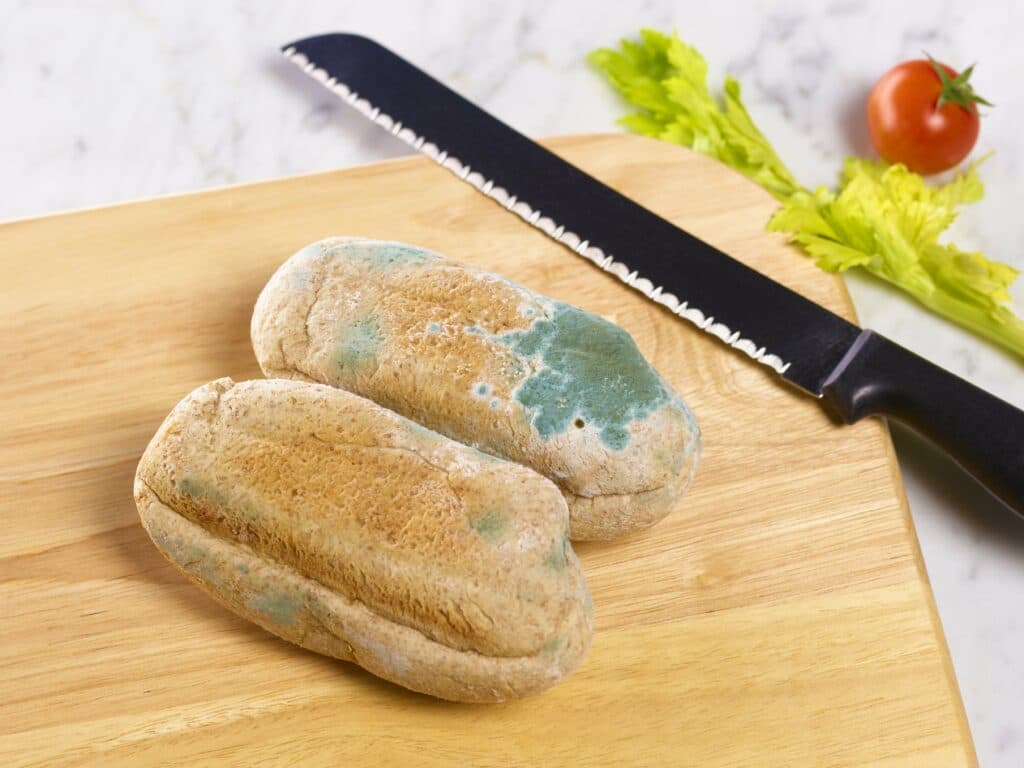
What Mold Does To Your Body
More Common Than You Think
The truth is that mold is more common that you have in mind. Let us hear it from the Food and Safety Inspection Service of the United States Department of Agriculture. It said, “Molds are microscopic fungi that live on plant or animal matter. No one knows how many species of [them] exist, but estimates range from tens of thousands to perhaps 300,000 or more.”
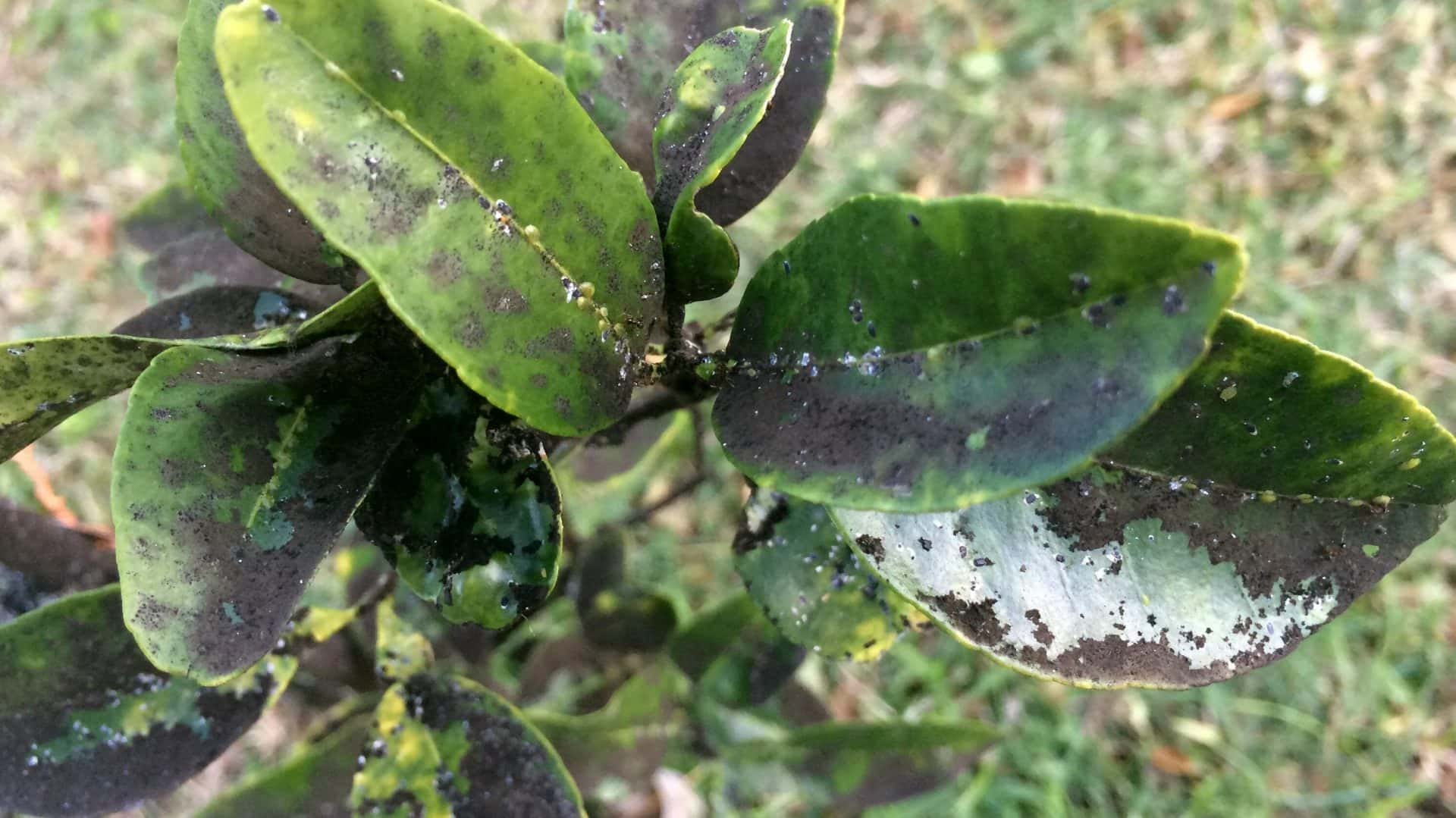
More Common Than You Think
The Ideal Condition For Mold Growth
“Most [molds] are filamentous – threadlike – organisms, and the production of spores is characteristic of fungi in general,” the statement on the website went on, “These spores can be transported by air, water or insects.” Mold has a tendency to appear and grow when the surrounding is warm and humid. It can appear in a variety of shapes and sizes as well.
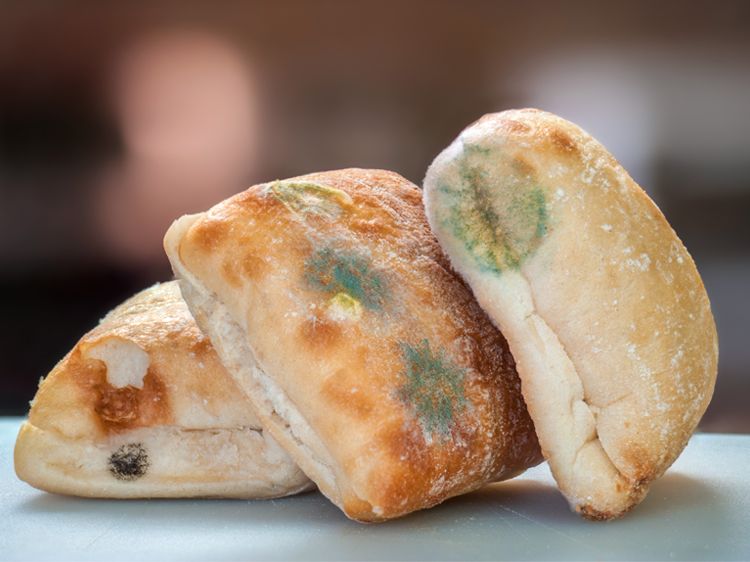
The Ideal Condition For Mold Growth
Not Always The Same
You should not expect mold to appear the same on food all the time. It can be black, gray, green, white, yellow, dusty, or furry. In 2020, an Oriental medicine specialist by the name of Dr. Carla Gervasio told Shape magazine that mold spores do not only grow on food. For instance, they might also exist in the air and on kitchen countertops. Not only that, but they might even form on the sponges you use to clean your dishes!
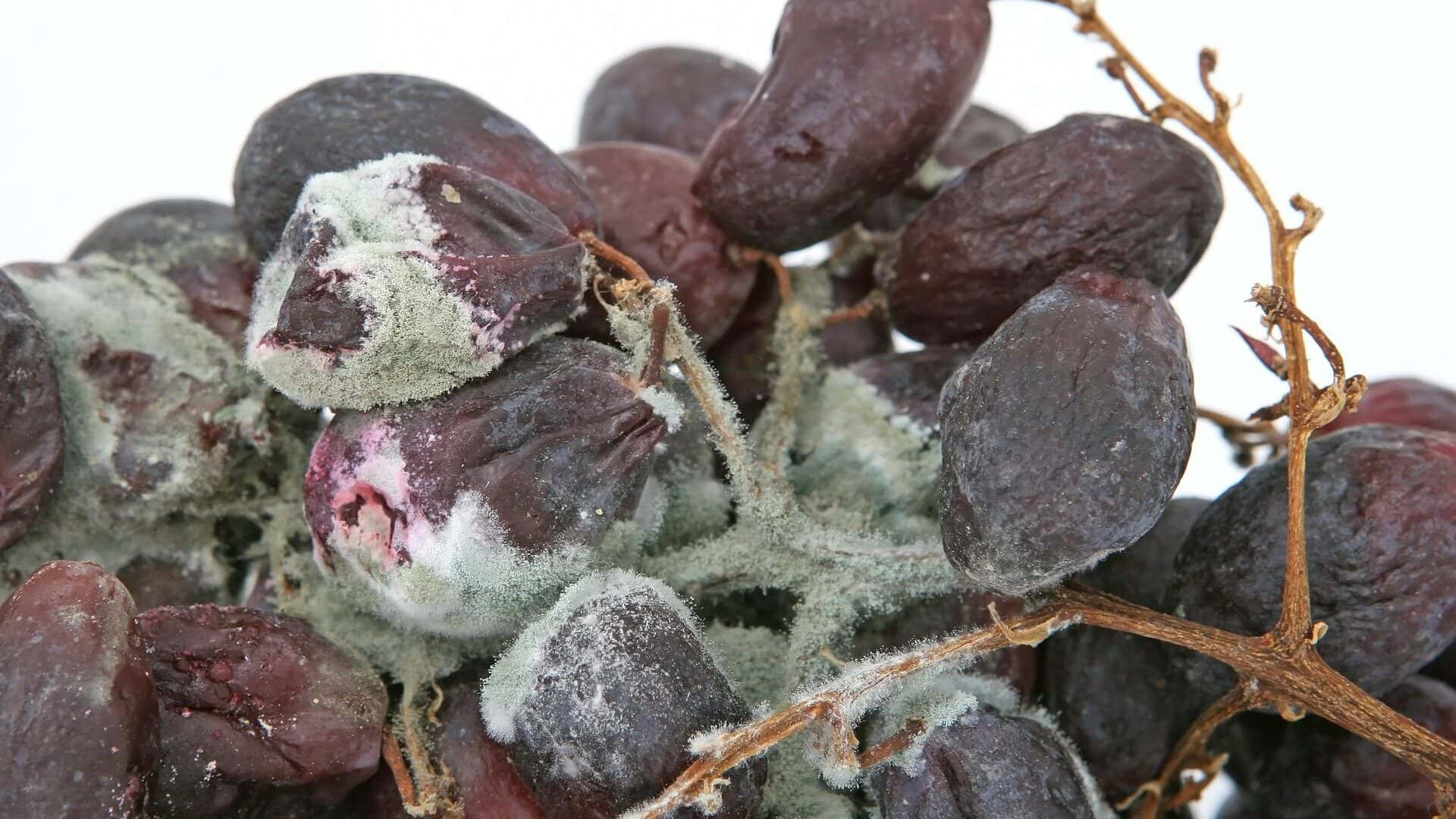
Not Always The Same
Spoiled Food Comes To Mind
We are sure that you expect mold to sprout on edible items. Most people associate it with spoiled food, after all. It is a good idea to check if your food item is perishable, semi-perishable, or non-perishable. This is a good way to figure out if it is still suitable for consumption after a certain period of time.
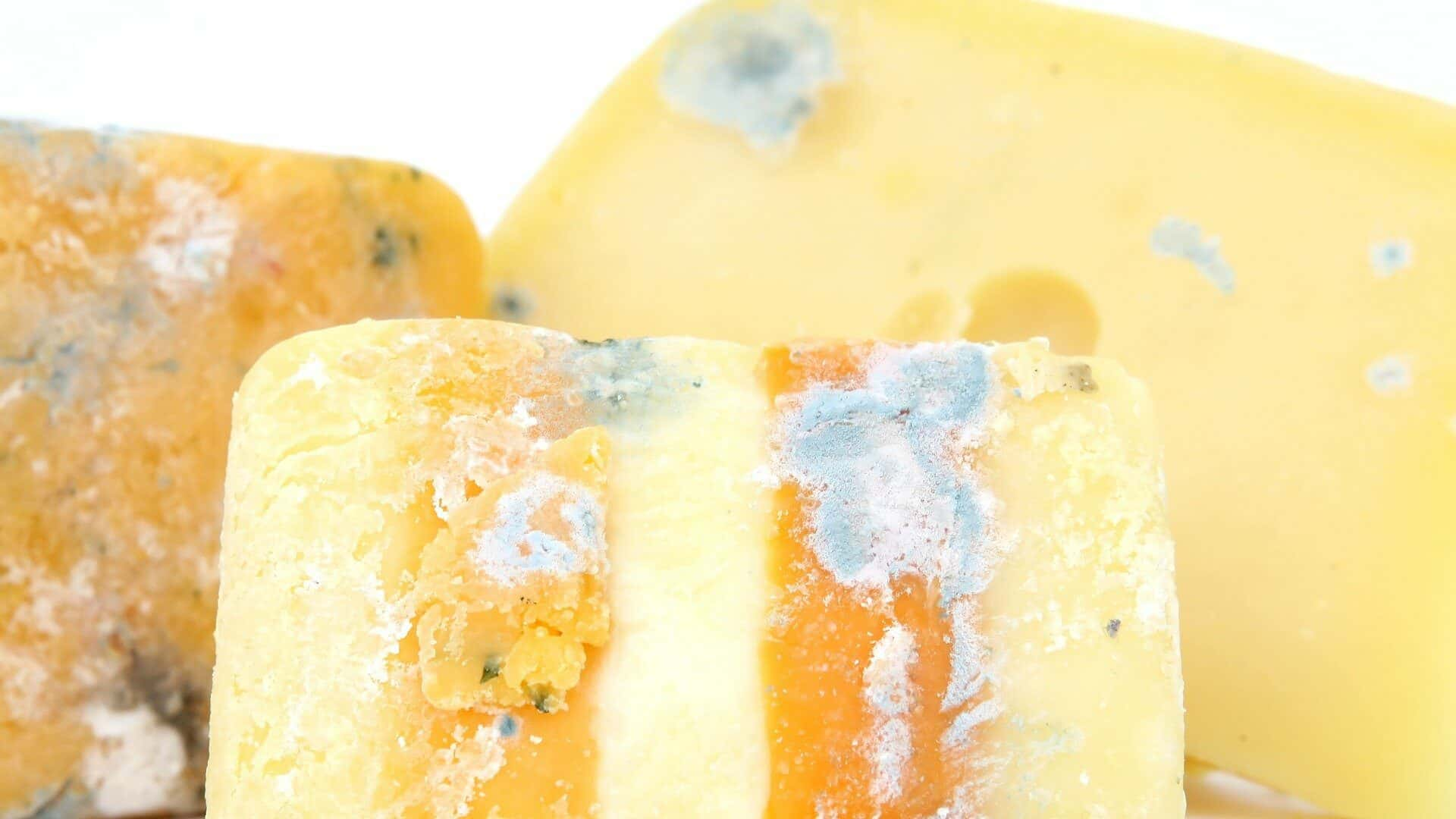
Spoiled Food Comes To Mind
The Difference Among Them
Perishable goods include fish, milk, fruit, meat, and certain veggies. They spoil in no time unless stored in an adequate way. On the other hand, we have semi-perishable items like carrots, eggs, onions, beans, and potatoes. They will be edible for a couple of weeks when stored in a cool and dry place. Lastly, we have non-perishable items like cereals and nuts that can stay for an even longer period of time.

The Difference Among Them
Do Not Cook Rotten Food
It is not a good idea to risk cooking rotten food. There is a good chance that this will be dangerous to your health. The product goes through physical and chemical changes thanks to external factors such as heat, air, light, and moisture. These conditions make the food item the ideal place for the growth of microorganisms.

Do Not Cook Rotten Food
The Presence Of Chemical Preservatives
It is highly inconvenient when food spoils. In an effort to extend the longevity of these products, grocery items often have chemical preservatives. They help ensure that your food will stay in the best possible condition. On top of that, it helps make the food items seem even fresher for a long period of time.

The Presence Of Chemical Preservatives
How They Work
The list of chemical preservatives includes antioxidants like butylated hydroxytoluene. This helps slow down the degradation process of oily and fatty food like margarine. It prevents these food items from going rancid. There are also humectants that absorb water in shredded coconut and the like. They work well to ensure the consistency of the moisture content.
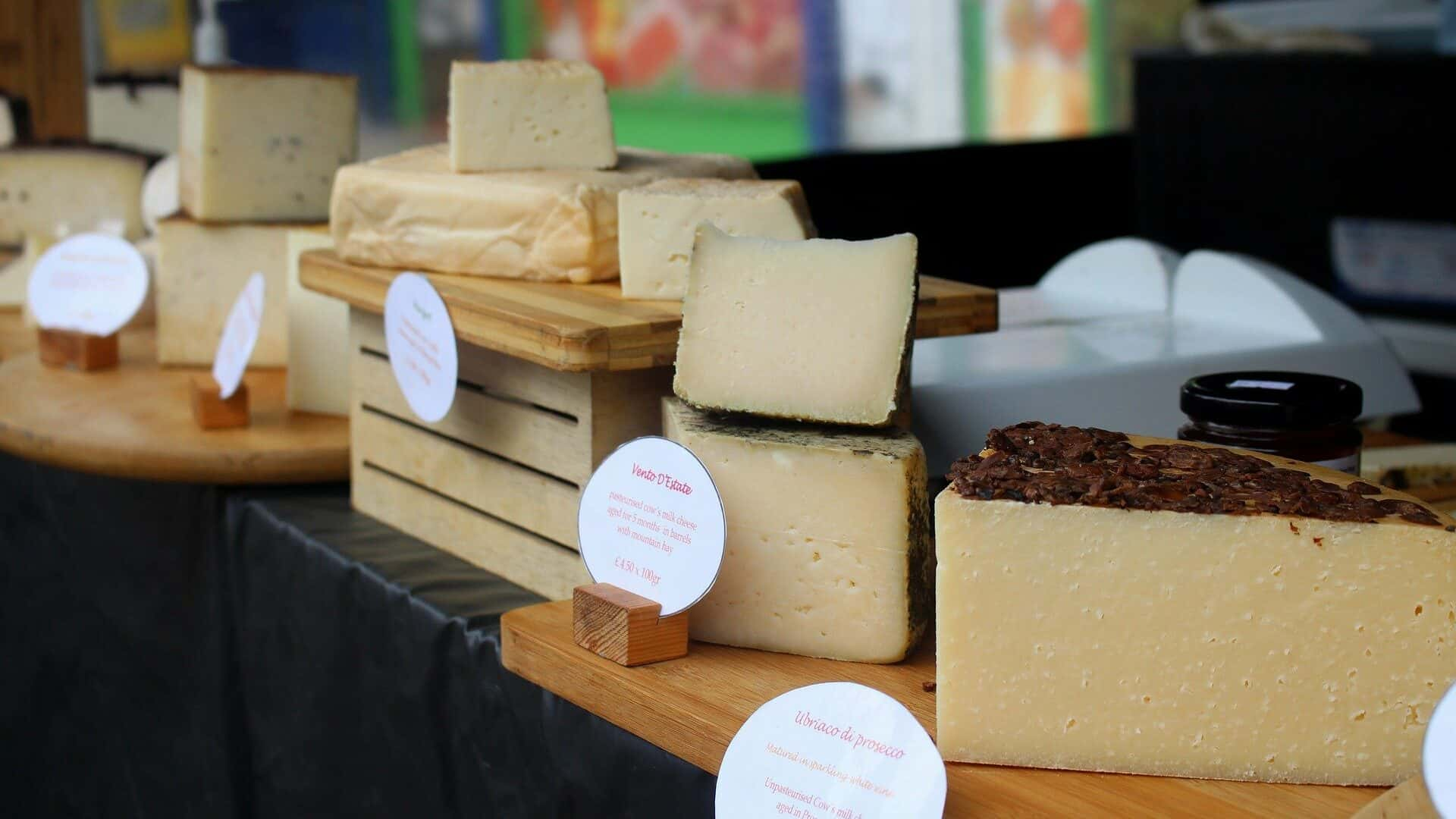
How They Work
Antibiotics And Antimycotics
Aside from these things, antibiotics are added as well. This includes tetracyclines that prevent the growth of bad bacteria in chicken, fish, and canned food. Otherwise, they will make you sick upon consumption. Antimycotics are used to curb the development of mold as well. They have sodium propionate and sorbic acid. They are typically added to cheese, bread, fruit, and fruit juices.
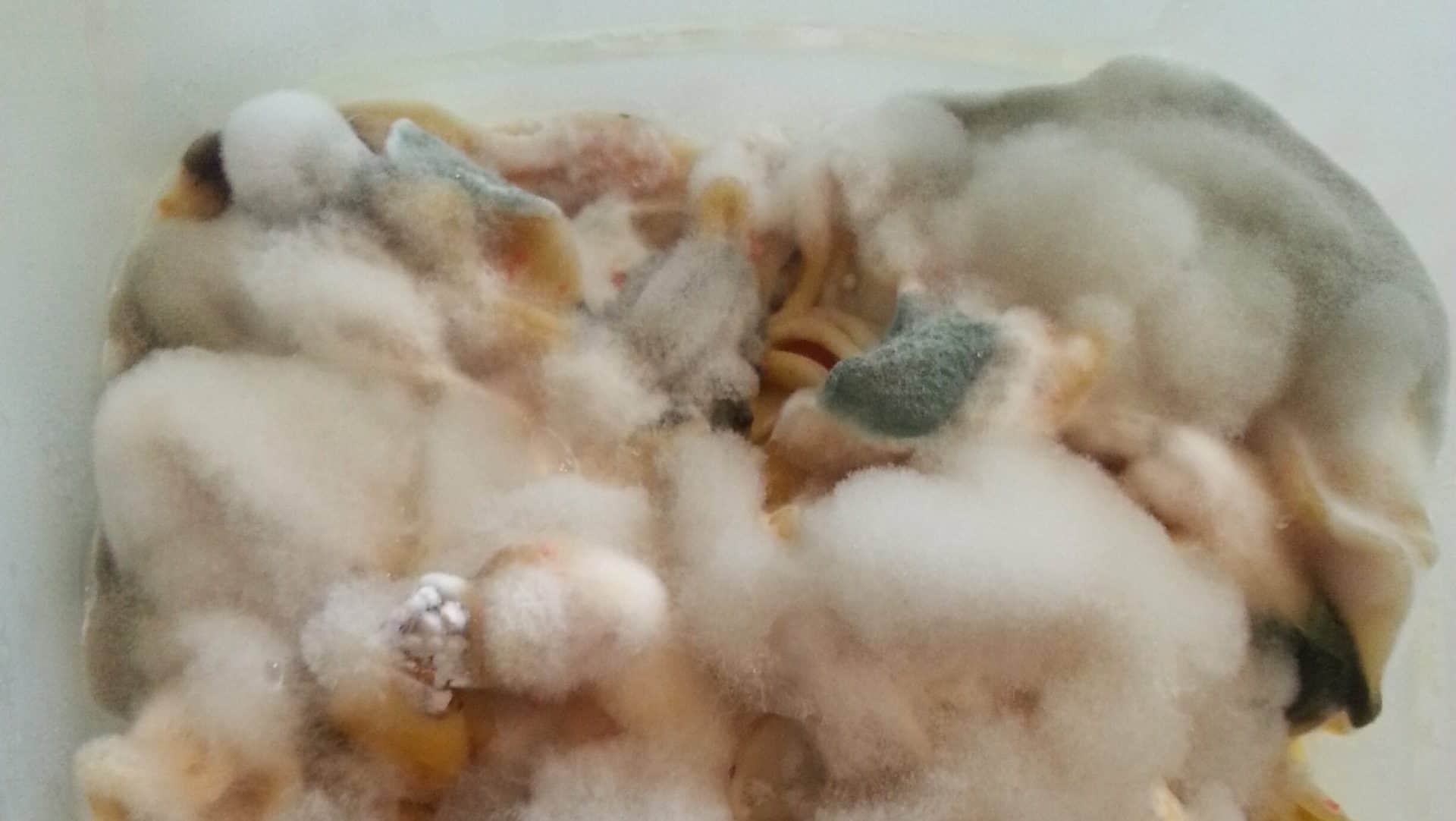
Antibiotics And Antimycotics
For Aesthetic Reasons
There are also preservatives that are used solely for aesthetic purposes. But these things get a lot of criticism. Simple nitrite and sodium nitrate, for example, are used in the process of meat curing since they stop the growth of bacteria that could lead to botulism, which is a condition that affects the nervous system. These substances are also used to give ham and bacon that appetizing pinkish coloring.

For Aesthetic Reasons
The Debate About Food Preservatives
The food industry likes to argue that people would not buy cured meats if they came with their natural brown coloration. They would find it unappealing! But there are critics who think that modern hygiene standards and the wide availability of refrigerators make it unnecessary to add all these preservatives.
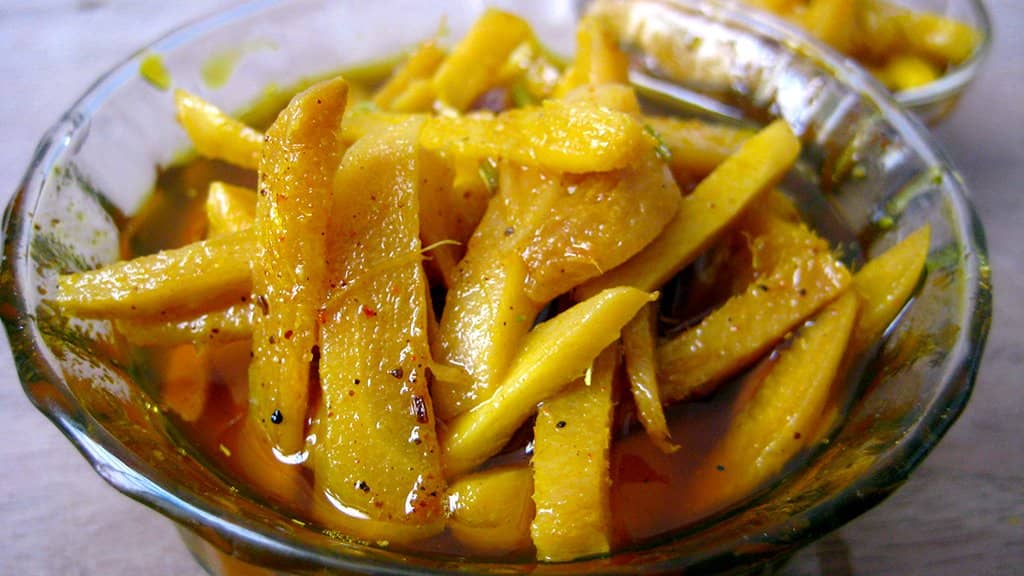
The Debate About Food Preservatives
There Are Tell-Tale Signs
How will you know if a food item has already gone bad? The first thing that you need to do is to check the sell-by or expiry date on its packaging. It is best to avoid using it if it is already past that. There are times when items are already spoiled even though the date has not yet passed. It would be wise to check if the color has changed too. White bread might turn green or yellow, while green veggies might go black.
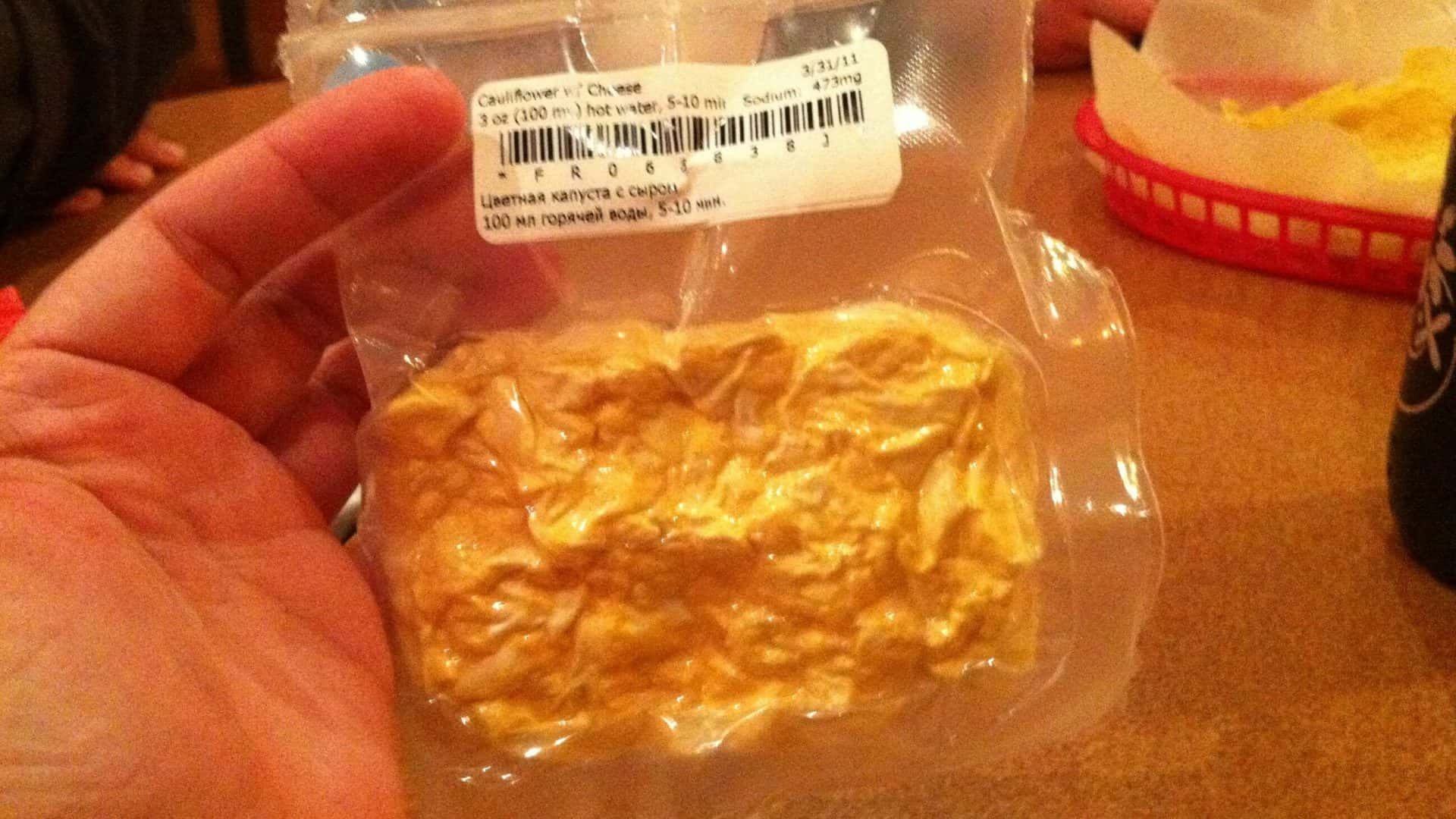
There Are Tell-Tale Signs
Refrain From Eating These
Do not forget to check for weird odors. If it smells foul or different, it might have started to rot. It goes without saying that you should not eat the food item when this happens. You should also refrain from eating slimy or sticky produce with some sort of coating on it. A soft, blemished, or wrinkled fruit or veggie is also best avoided.
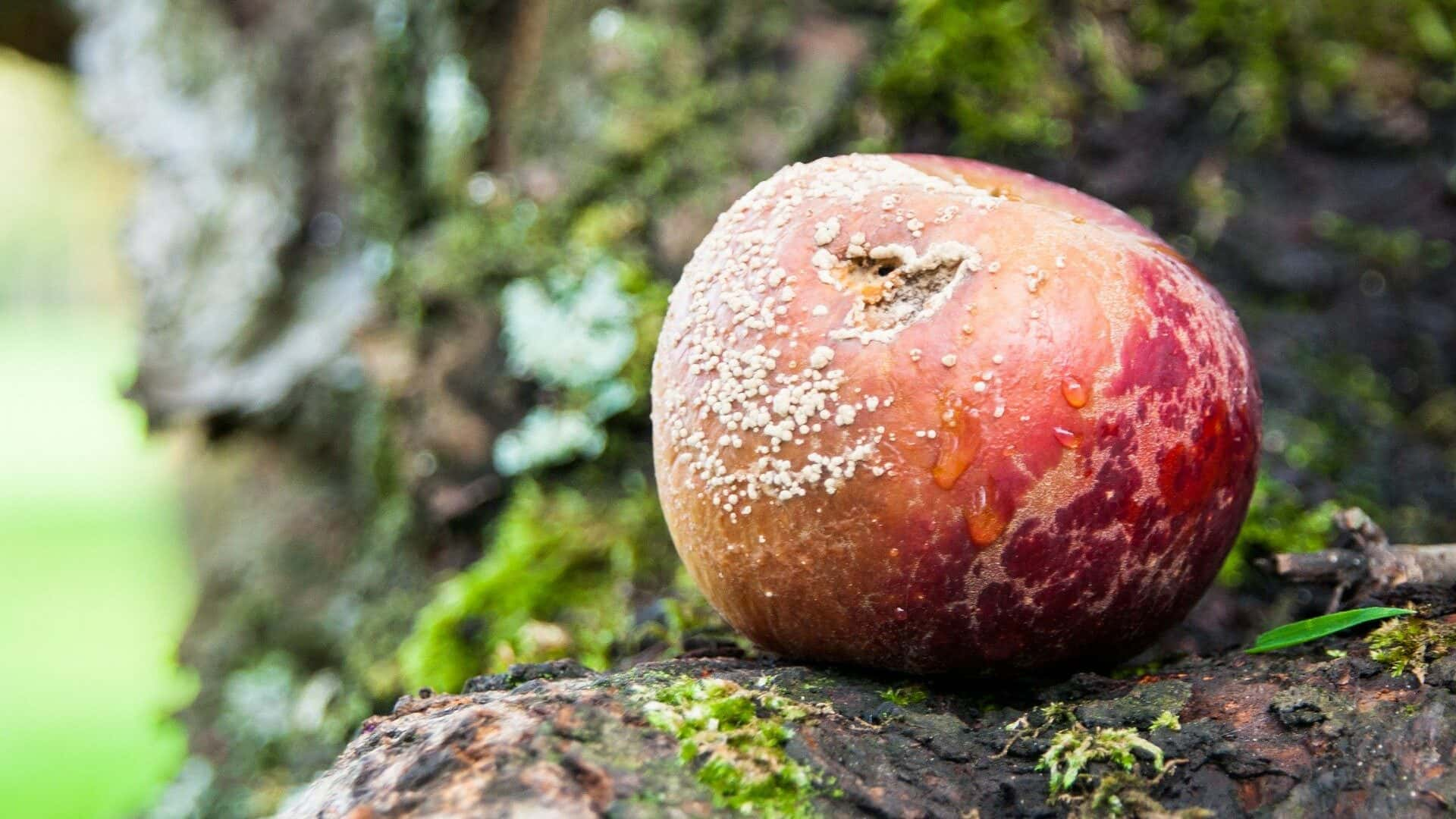
Refrain From Eating These
The Best Course Of Action
There are two things that happen when people spot mold on the food. Which side are you on? Do you cut out the specific part of the bread and eat the rest? Or do you identify with the people who throw out the whole thing when one of them looks bad? Let us find out which strategy is better for your own health! The truth is that the answer has a lot to do with the type of food.
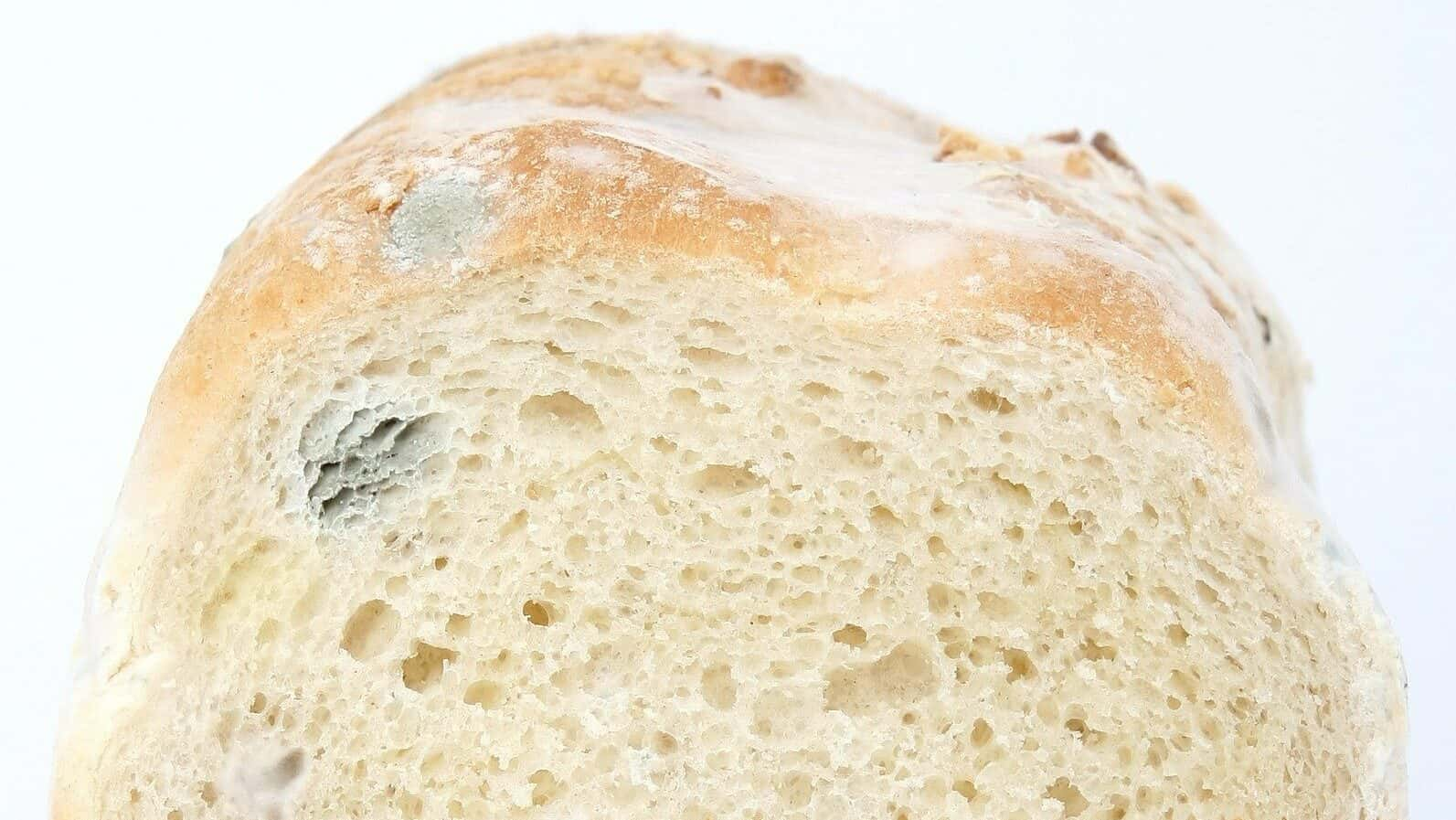
The Best Course Of Action
Penetrating The Food
Let us see what the United States Depart of Agriculture Food Safety and Inspection Service has to say about it. It says that mold comes with branches and roots that spread like threads. These can embed deeply into certain food items. Based on this, you are better off throwing out the moldy food altogether. If you really want to avoid food waste, keep in mind which products are still safe to eat.
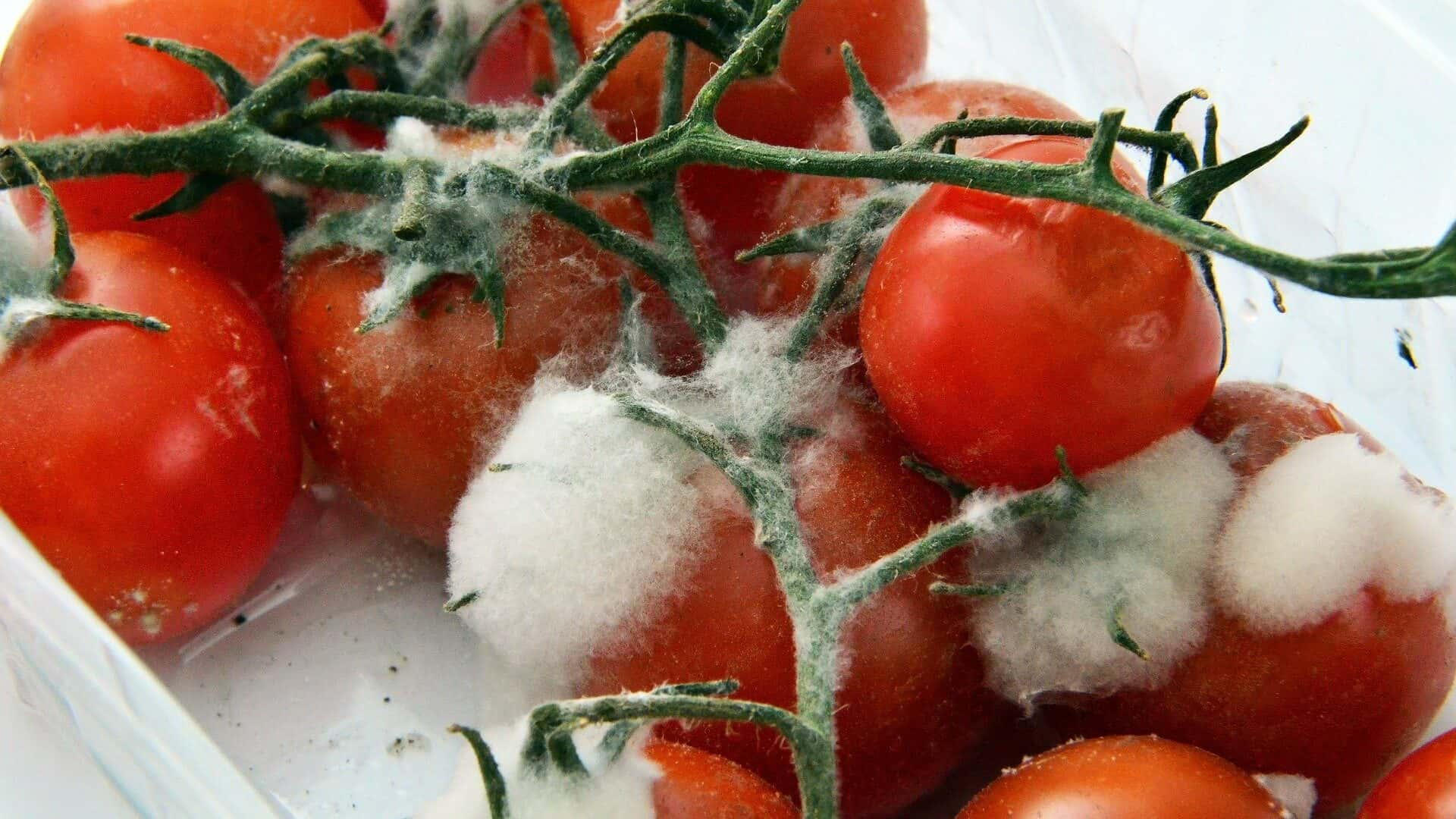
Penetrating The Food
Firmer Food Is Fine
The USDA also said that firm food items like veggies, salami, certain fruits, and hard cheeses are all fine even when there is mold. You just need to cut an inch around and below the moldy spot, give or take. Once the patch has been removed, you can eat the food as you normally do. Make sure that the knife does not make contact with the mold to avoid spreading it! Cover the food in plastic wrap after this.

Firmer Food Is Fine
High Level Of Moisture
However, you should probably throw out moldy bread, pastry, and soft fruits as soon as you find mold. This is also true for canned goods, uncooked meat, jams, and yogurt. They are all similar in one way! You see, these food items have a higher moisture level, so mold toxins tend to spread even more thoroughly.
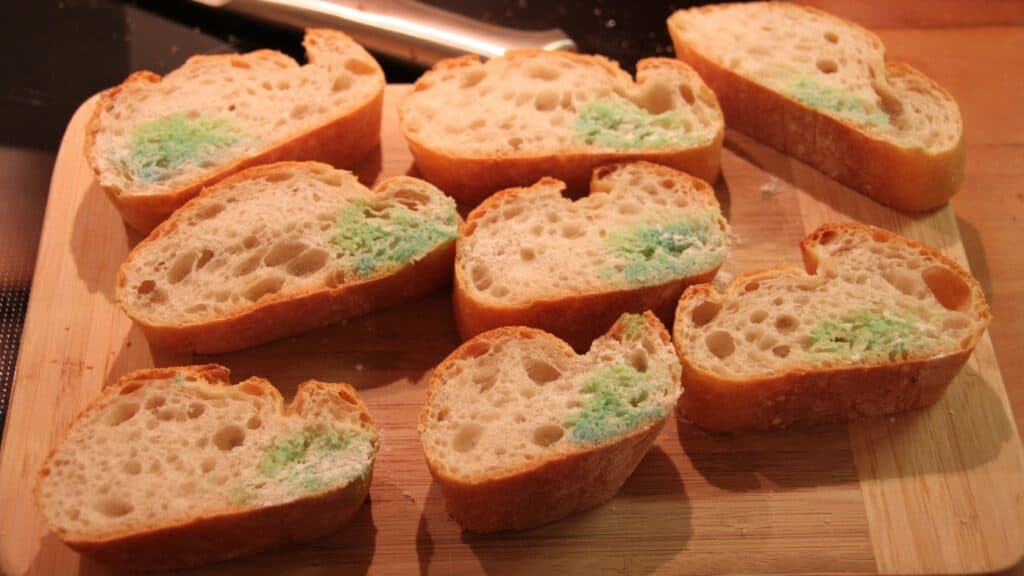
High Level Of Moisture
Bread Is Very Porous
Some people think that toasting the bread will kill the bacteria and mold. However, the USDA wants you to know that this is not true. Since bread is super porous, mold roots often penetrate deeply. As soon as you find mold on the bread, you should just put it in the trash. Do not even think about eating it!

Bread Is Very Porous
Prevention Is Key
It is a good idea to prevent food from going bad in the first place. First of all, you should keep all the perishable things in the fridge. Aside from that, you should also cover food when it is served. At the very least, it should not go uncovered for longer than two hours. Lastly, you should always ensure that the fridge and cupboards are clean at all times.

Prevention Is Key
Only Slows It Down
Let us not forget that mold grows on food in nearly any environment. It tends to spread in warm and humid places at the quickest rate, but this will also happen in colder areas. This means that you are not going to eliminate mold just because you put food inside the fridge! It will only slow down the process.
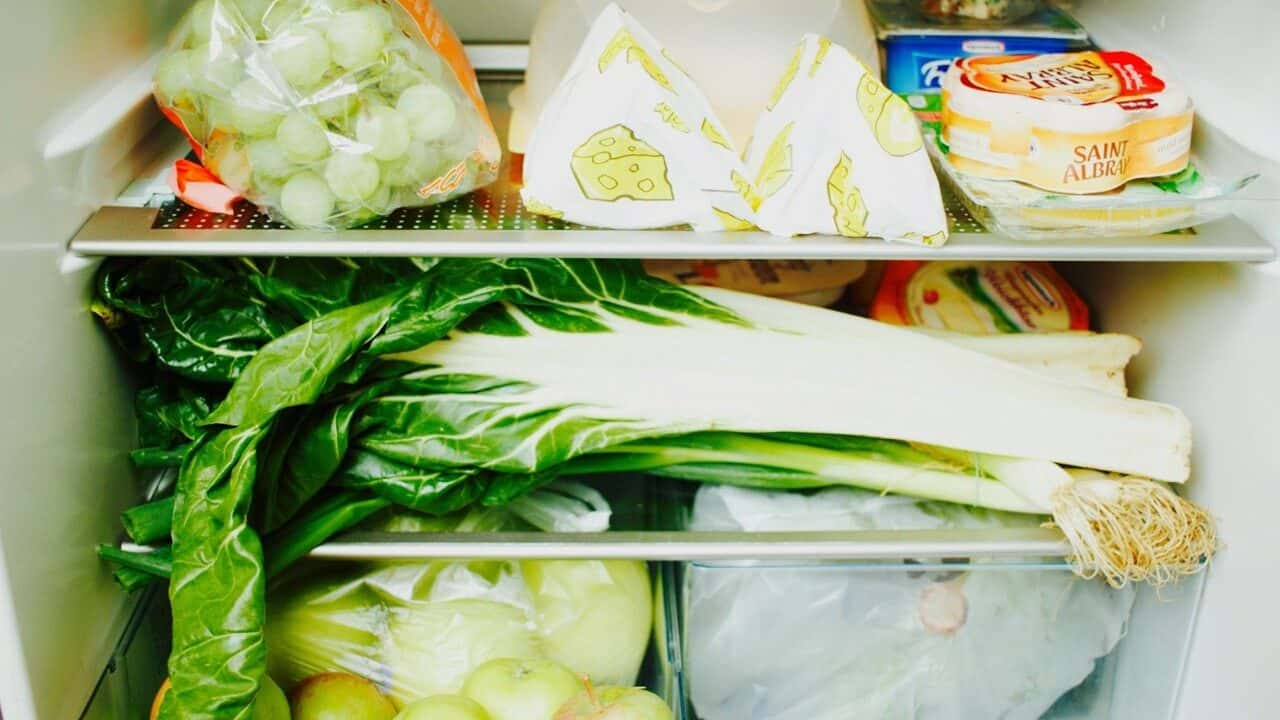
Only Slows It Down
At The Grocery Store
There are also ways to prevent it from happening when you shop for groceries. The USDA recommends avoiding buying food in bulk all at once. It is a good idea to avoid buying bruised produce and discolored fruit. Most of the time, the marks indicate that the cellular makeup of the food product has been disrupted in some capacity. This makes it a hotbed for mold growth!

At The Grocery Store
You Won’t Die
But what are you supposed to do when there is mold on the sandwich that you just prepared? Experts say that you do not have to worry if you have accidentally eaten fungi this way. In May 2020, a gastroenterologist by the name of Dr. Rudolph Bedford of Providence Saint John’s Health Center said, “You’re not going to die from eating mold.” In general, you should be able to digest the food as you do any other type of food. However, you should be more careful if you have immune system problems!
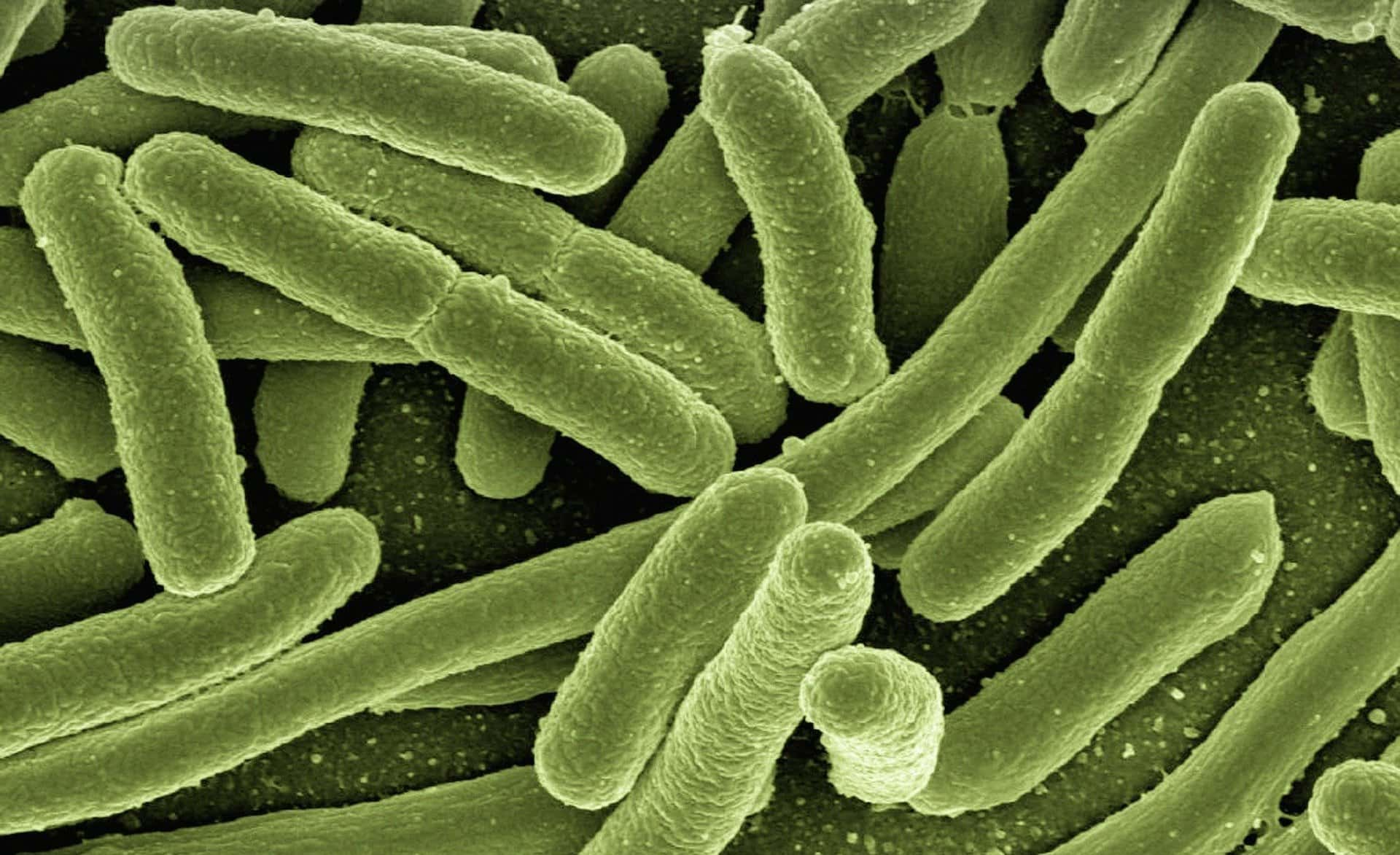
You Won’t Die
Unlikely To Get Sick
He said that you might not feel at your best after eating mold. It has less to do with toxins and more to do with the bad taste. He shared, “The stomach is a harsh environment, so, for the most part, most bacteria and fungus won’t survive. It’s very uncommon that you’re going to get sick from mold.”
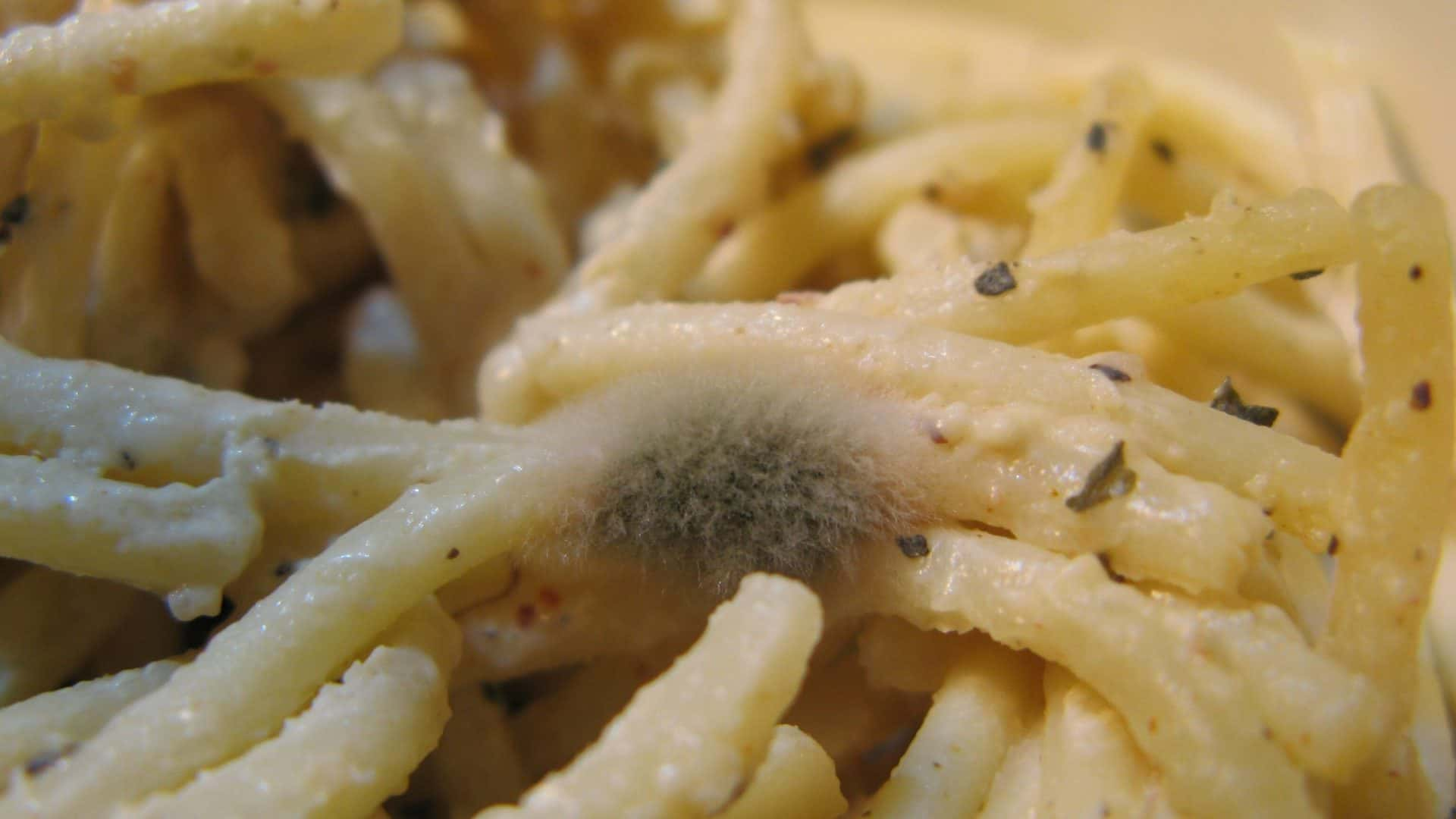
Unlikely To Get Sick
Not Likely But Possible
It is not totally impossible to get sick from this. But you should be a bit concerned if it goes any further than a bad stomach. For one thing, you should get in touch with your doctor if you vomit a lot. You will probably be given anti-nausea medication or diarrhea-inducing pills to cleanse the digestive system.

Not Likely But Possible
Triggers Allergic Reaction
Bedford has more than three decades of practice. Not once has he seen a patient who died after ingesting mold! Despite this, there are certain people who are at a higher risk compared to other people. An allergic reaction, for example, might trigger respiratory problems. The gastroenterologist said that these issues are not fatal. Most of the time, they are temporary and easy to treat!
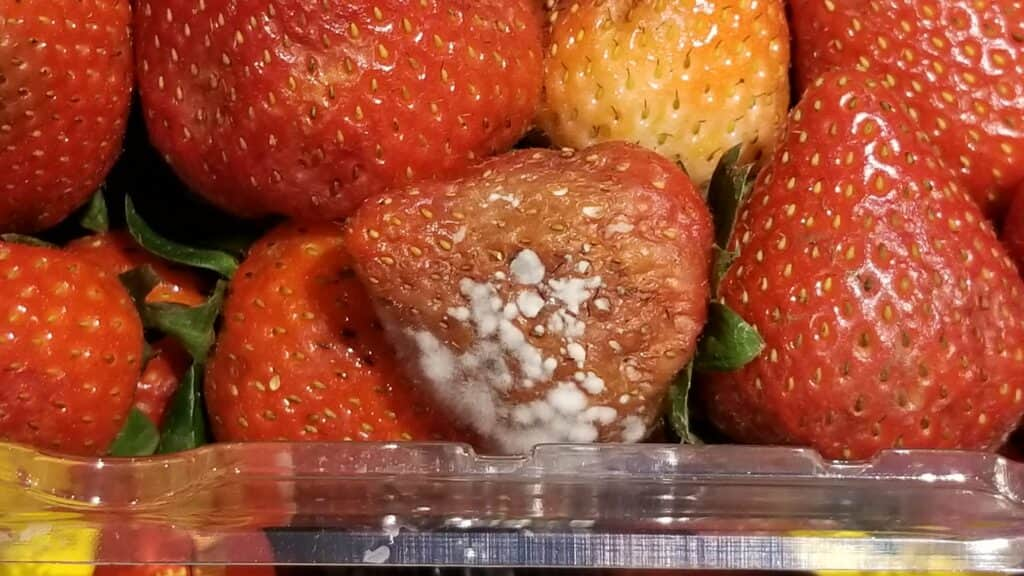
Triggers Allergic Reaction
When You Are Healthy
Let us hear it from Maria Yuabova, a nurse practitioner and doctor of nursing practice from New York. In January 2020, she talked about this with Shape: “When the immune system works well, and healthy gut flora is abundant, molds will have no negative impact on the health and wellness of that individual.”
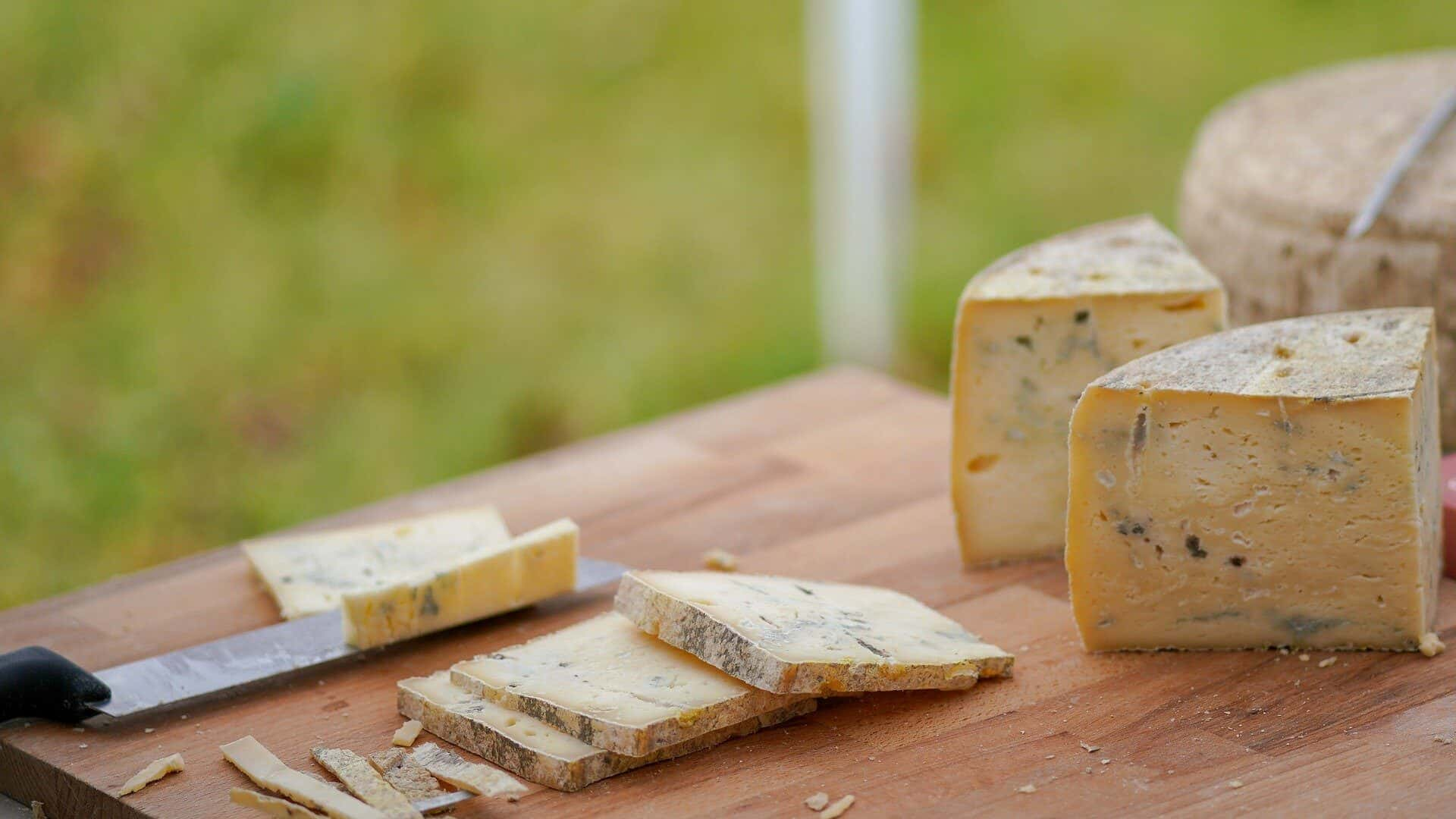
When You Are Healthy
More Severe Problems
“In the case of people whose immune systems are weak, ingested fungal spores could cause more severe issues,” she added, “When fungal invasion becomes systemic, the fungus can invade the digestive tract, upper respiratory tract and brain. Those cases become more serious.” This is why those with asthma, allergies, and chronic conditions should call their doctor when they ingest mold.
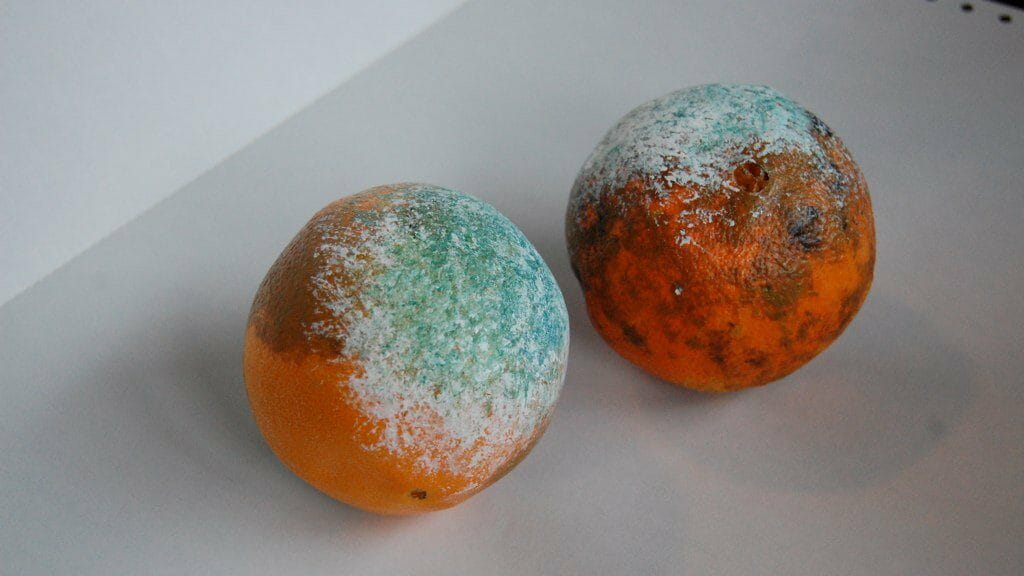
More Severe Problems
Good Gut Health
When you ingest mold, you might experience symptoms that resemble the ones for food poisoning. Let us hear some advice from Lisa Richards, the nutritionist who created the Candida Diet. She said that “a low-sugar, anti-inflammatory diet that promotes good gut health and eliminates the sugars that feed a candida overgrowth.” If you were curious, her advice tries to focus on creating a balance in your gut.

Good Gut Health
Healthy Bacteria
Lisa Richards also told Shape that you should just ride it out if you ever accidentally eat mold. She went on, “If you notice gastrointestinal symptoms, [however], it’s a good idea to add a probiotic into your health regimen and follow a fairly bland diet to help replenish the healthy bacteria in your gut.”

Healthy Bacteria
In Soft Cheeses
There is a good chance that you have eaten mold in the past. And yet here you are! Blue cheeses, brie, and camembert all come with Penicillium cultures. In case you did not know, the bacteria create those dark blue or blue-gray veins. P. candidum, glaucum, and P. roqueforti are commonly used in cheeses.
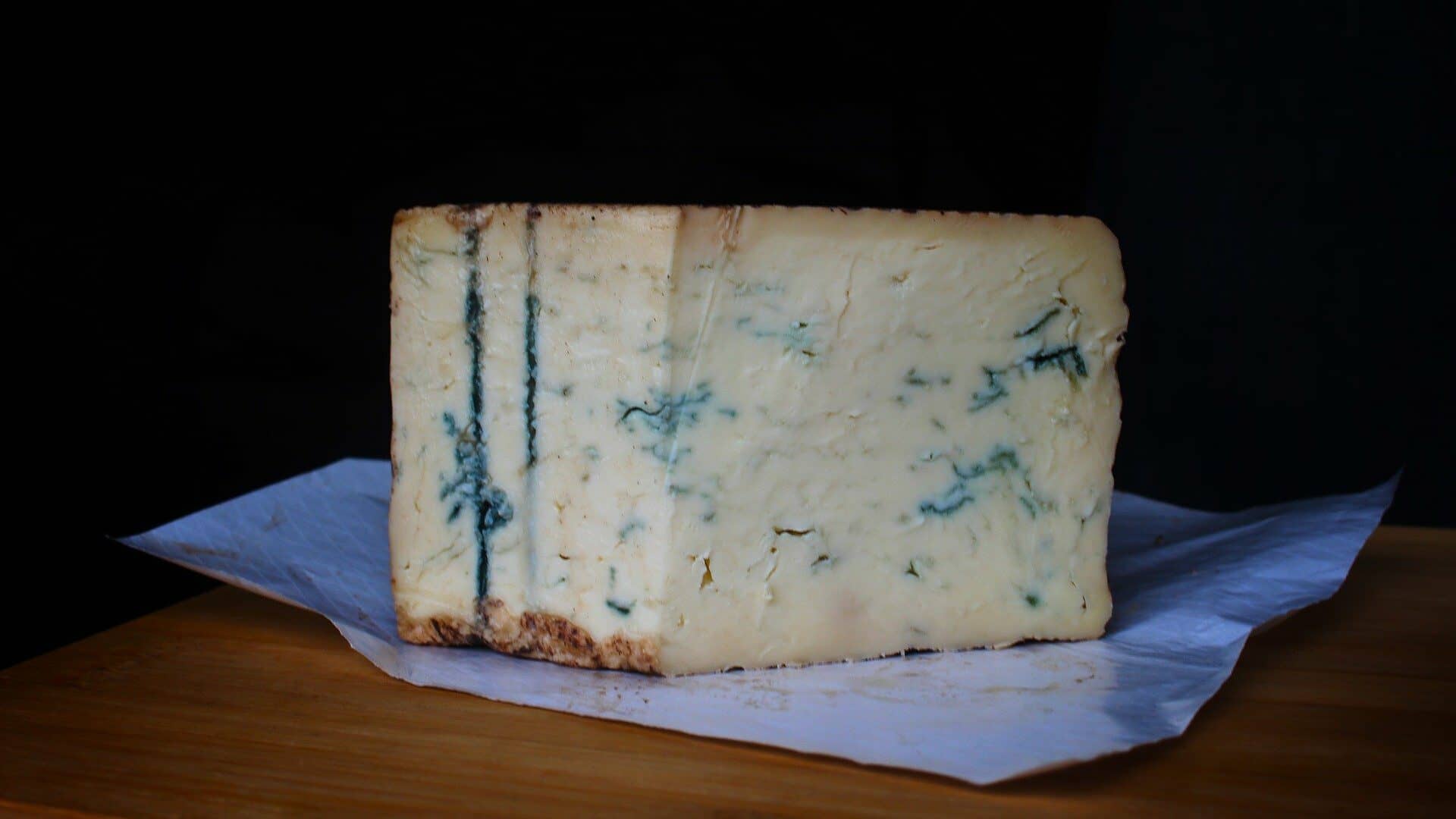
In Soft Cheeses
The Texture And Flavor
They are often responsible for the unique flavor and texture of the cheeses since they eat the proteins and sugar in the curdling milk. The method used to age blue cheese leads to its acidity, moisture, oxygen flow, and density. In turn, the resulting conditions ward off the dangerous molds and harmful toxins.
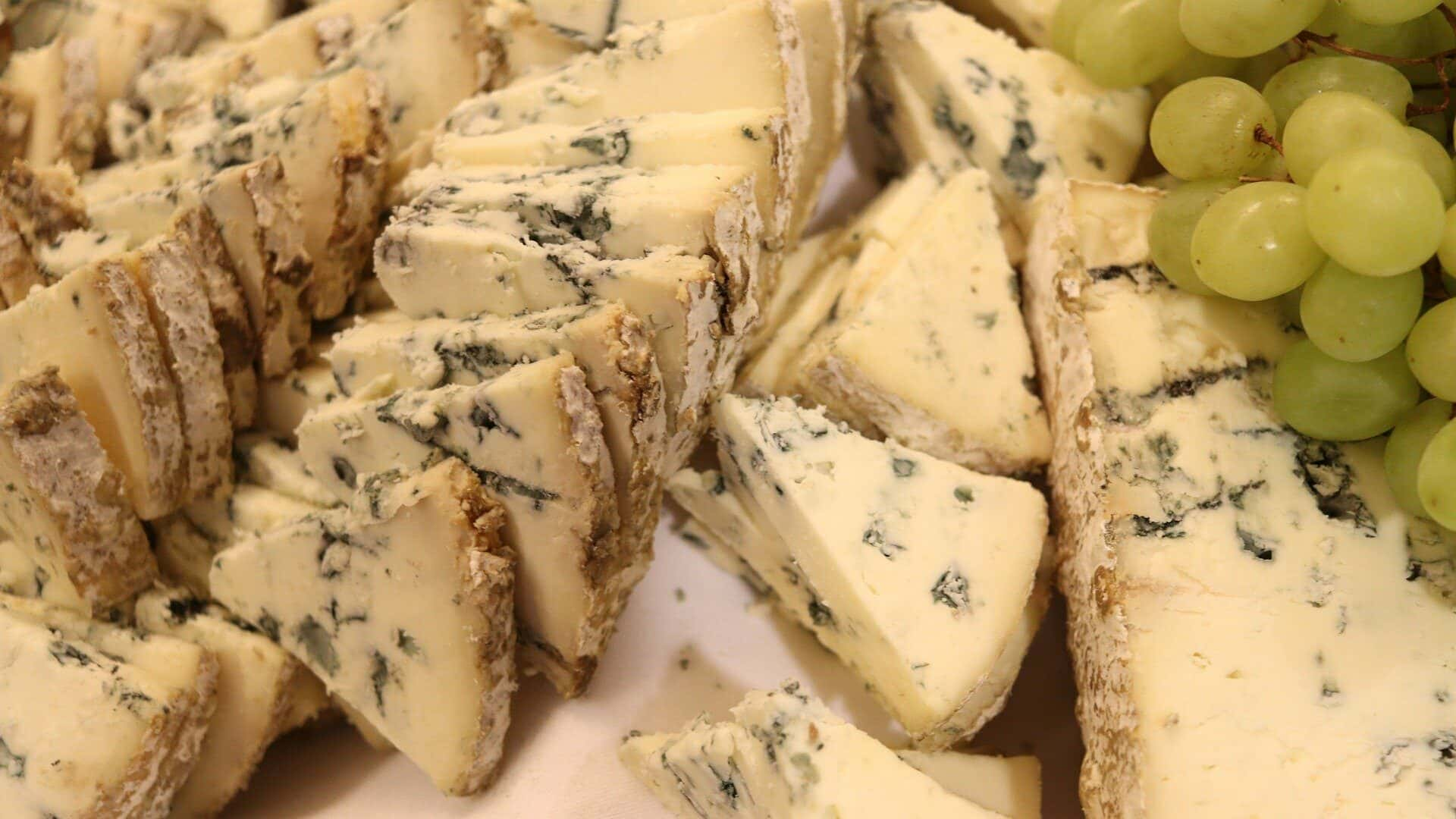
The Texture And Flavor
Blue Cheese
Blue cheese is known for its very high sodium levels, which makes it saltier than other dairy products. This can be good or bad depends on your taste. It offers health benefits when eaten in moderation. Blue cheese also happens to be less fatty than its counterparts. It helps that it boasts more nutrients as well.
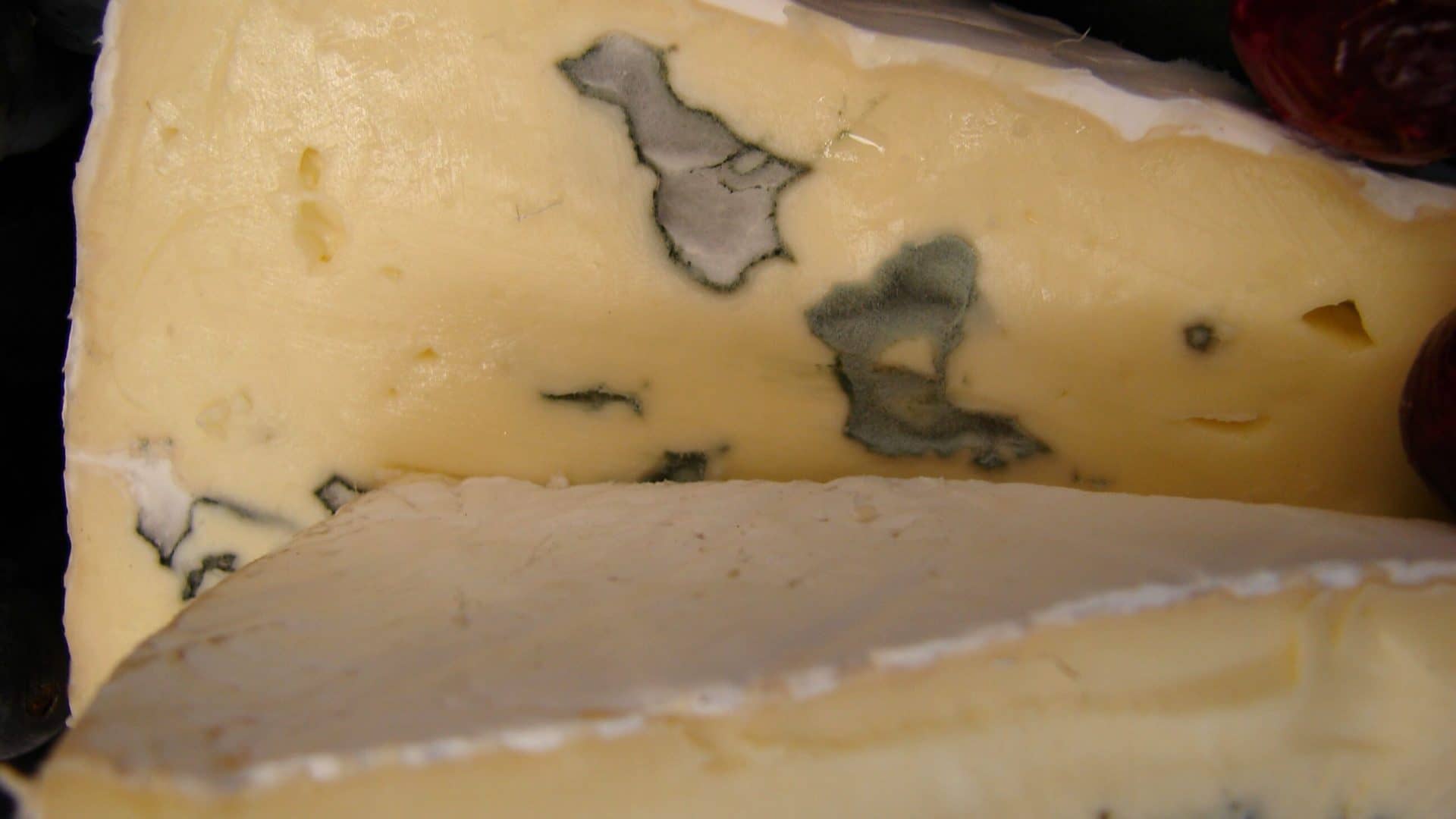
Blue Cheese
Its Health Benefits
Penicillium roqueforti is the name of the mold used to create blue cheese. It can bring down cholesterol by fighting off bad bacteria and parasites that can raise the levels of lipids in the body. Aside from that, the fungus also helps keep blood pressure in check since it blocks the angiotensin-converting enzyme.
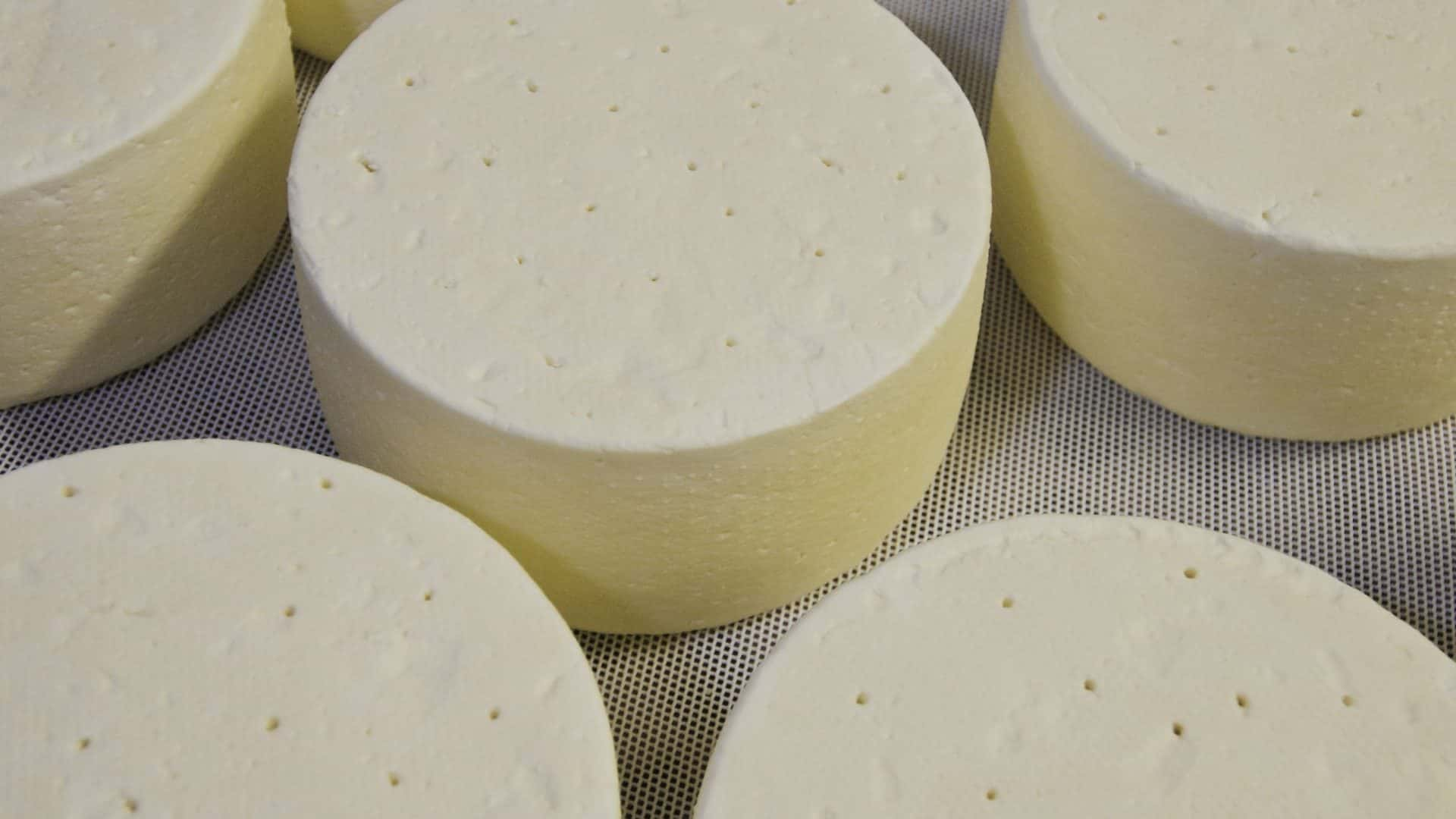
Its Health Benefits
Other Health Benefits
That is not all there is to it either. The mold present in blue cheese also has anti-inflammatory properties and reduces the risk of diseases like bowel inflammation and arthritis. In the same vein, it can help lower the arterial plaque levels, combat food allergies, prevent sinus issues, and boost the immune system.
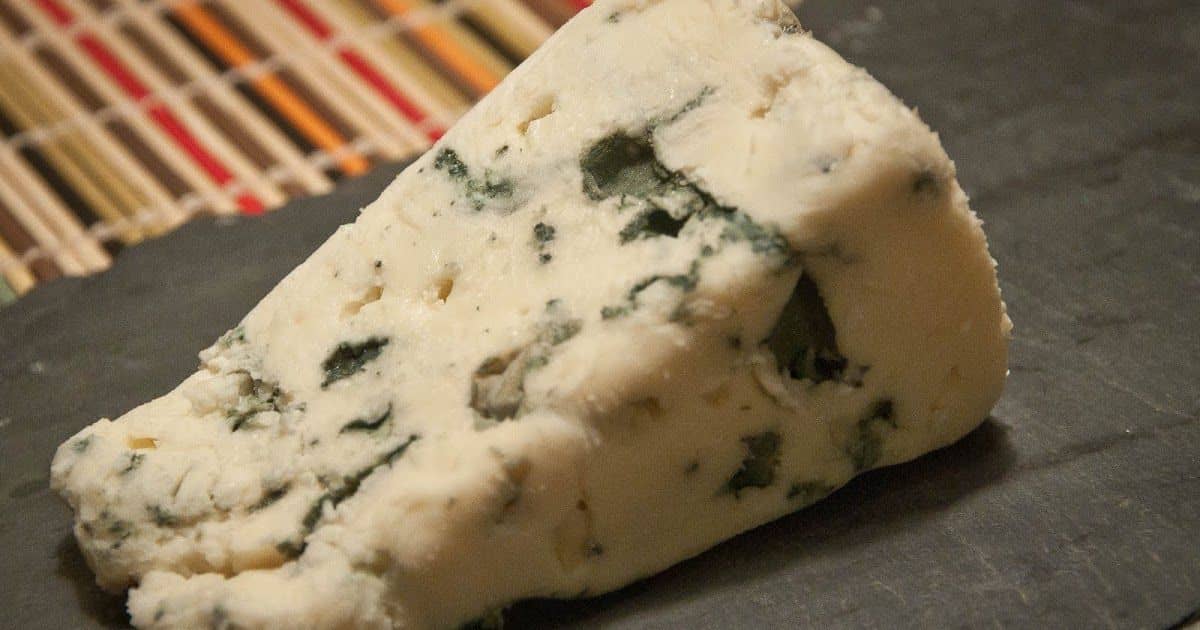
Other Health Benefits
Full Of Minerals And Nutrients
Blue cheese is loaded with minerals like calcium, magnesium, potassium, phosphorus, zinc, and vitamins A, B12, and D. This is good to hear. After all, magnesium is good at stopping muscle stiffness. On the other hand, calcium strengthens bone density. On the other hand, vitamin B12 is good at improving the nervous system and boosting functions like cell metabolism and red blood cell formation.
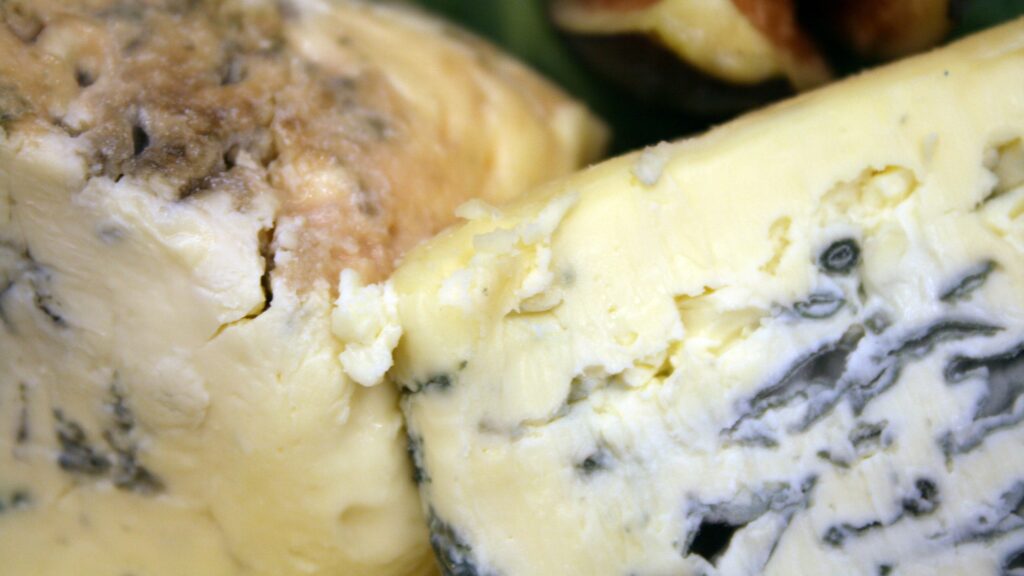
Full Of Minerals And Nutrients
For Kids And The Elderly
In 2008, a Health Fuze article claimed that you get an average of six grams of protein with every ounce of blue cheese. This can help facilitate the growth of hair, skin, cartilage, bones, and blood vessels. This dairy product will also boost cognitive functions since it encourages brain cell regeneration. This makes it ideal for the consumption of growing children and the elderly alike.
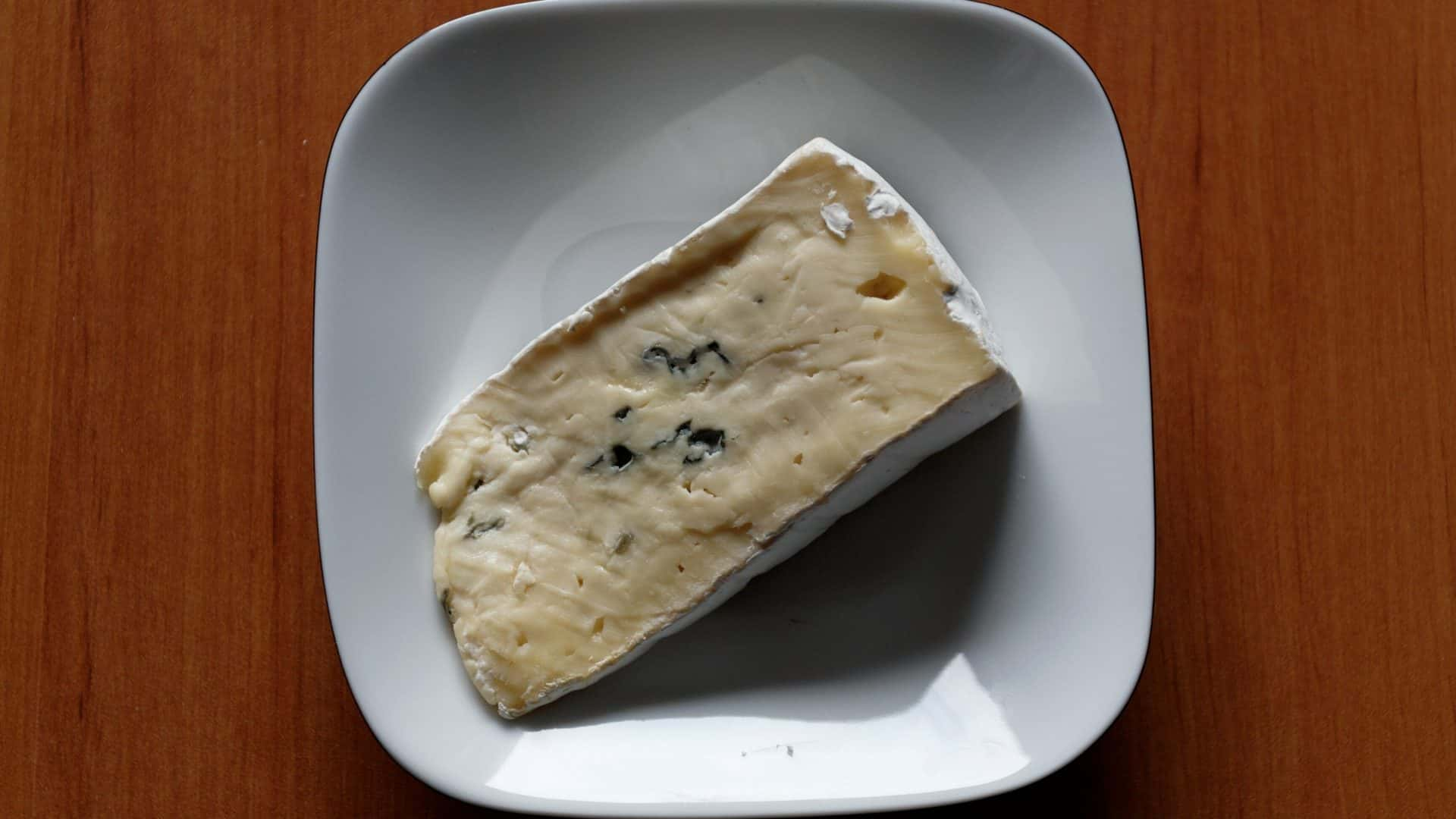
For Kids And The Elderly
Penicillium And Penicillin
Does Penicillium sound familiar to you? That might have something to do with the fact that it sounds very similar to penicillin. It is not a secret that this is one of the most common antibiotics on the planet. Did you know that it was originally discovered in the Penicillium mold? Alexander Fleming, a Scottish bacteriologist, accidentally made this discovery all the way back in 1928.
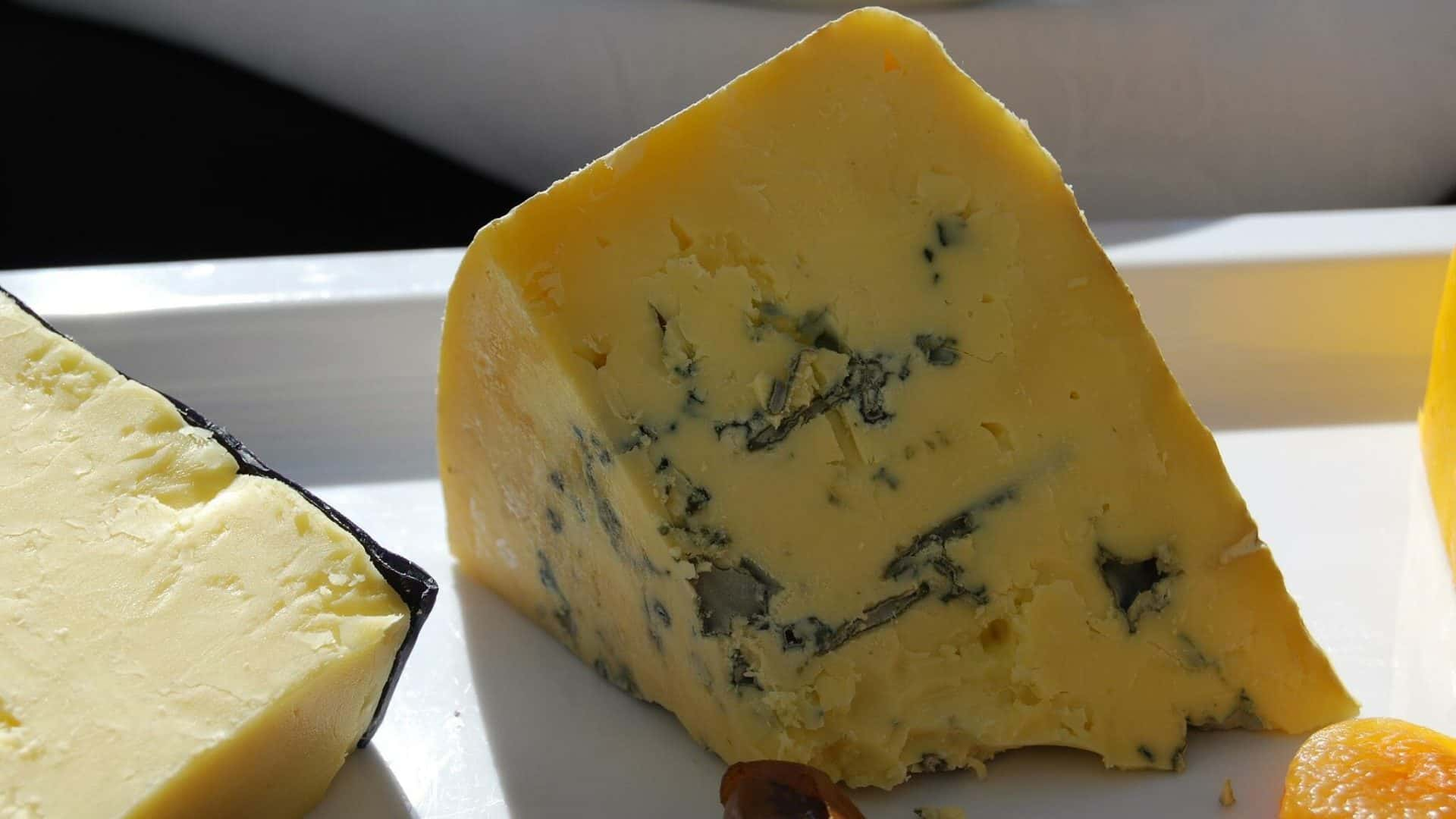
Penicillium And Penicillin
An Accidental Discovery
In particular, he found out that the growth of the Staphylococcus aureus bacteria was prevented in the culture that he prepared. This happened because he accidentally introduced Penicillium notatum to the concoction! He was intrigued to see this and isolated the penicillium mold to cultivate it in liquid form. Once he went through the motion, he noted that the resulting substance could kill a lot of the bacteria known to infect humans!
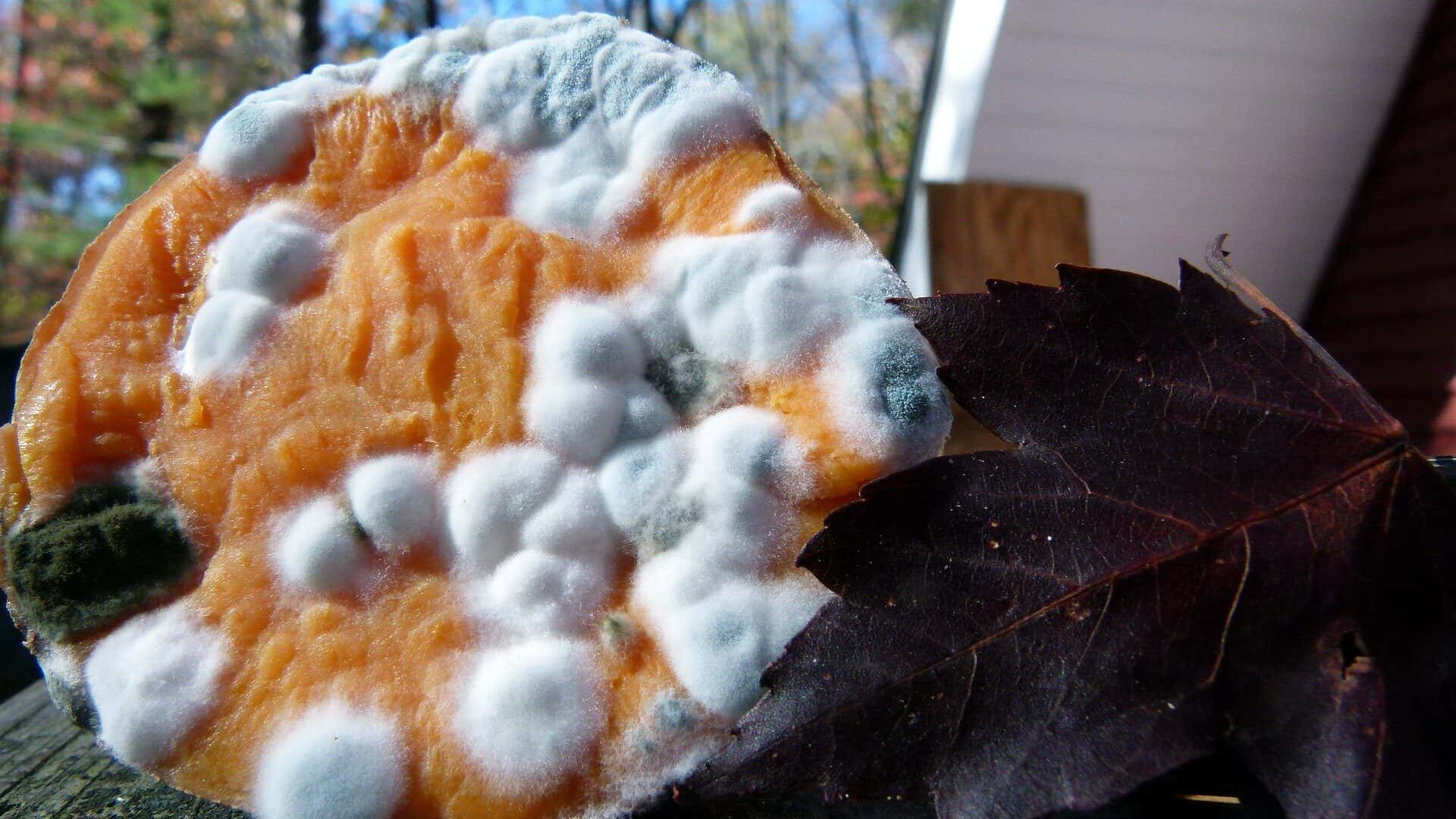
An Accidental Discovery
What Came After That
A British biochemist by the name of Ernst Boris Chain, together with a pathologist called Howard Florey, purified penicillin in the late ‘30s. Not long after that, an injectable version was introduced. Did you know that penicillin is used in the treatment of throat infections and meningitis even to this day?

An Accidental Discovery
Lemon Water
As you can see, it is not always bad to eat mold by accident. Even though this does not sound like an appealing prospect, there are other things that you can do to enjoy health benefits. Let us talk about lemon water! Across the globe, people drink this concoction. You might want to start doing this as well!
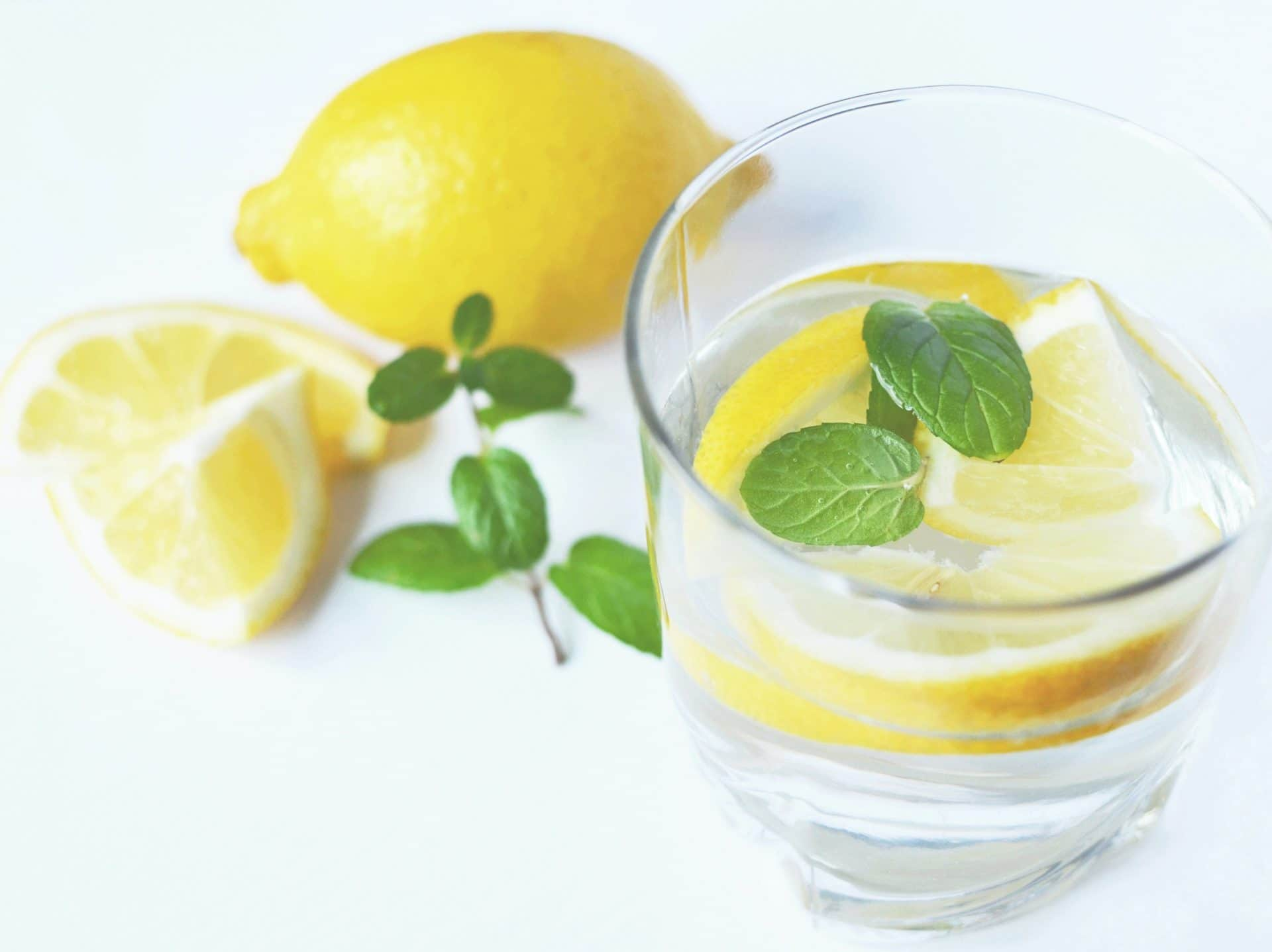
Lemon Water
Ditch The Soda
A lot of people like to reach for a beer or soda when it is hot. There is no need to worry if you are one of them. However, it is better to pick up a glass of lemon water instead! We will be the first ones to admit that it is something of an acquired taste. Despite this, it continues to become more popular. But what makes it so good for you anyway? You might be surprised to hear what it can do to your body!

Ditch The Soda
Not Complex At All
As the name suggests, it is not a complicated drink. In fact, it is just a mix of two widely available ingredients. There is nothing complex about its preparation. You only have to use a glass of clean water and then squeeze half of a lemon into it. This is all you have to do to obtain a glass of lemon water!

Not Complex At All
It Is Also Cheap
It is already awesome to see how easy it is to make. On top of that, it is also pretty cheap. This is even truer if you live in a warm area in which you can grow a lemon tree. This is probably the reason it is such a hit among Asians. However, the effects of this concoction also deserve credit for its popularity!

It Is Also Cheap
How Long It Takes
Who would have guessed that such a simple concoction can have a huge impact on your body? It turns out that some people experience immediate effects, but this is not always the case. For some people, it took a week of consuming it multiple times a day for the effects to appear.

How Long It Takes
What To Expect
But what can it do for you? On top of that, what happens when you start to drink it several times a day for an entire week? A content marketing guru by the name of Bill Widmer revealed what you can expect when you start the lemon water challenge. Read on to see why you should also give it a shot.
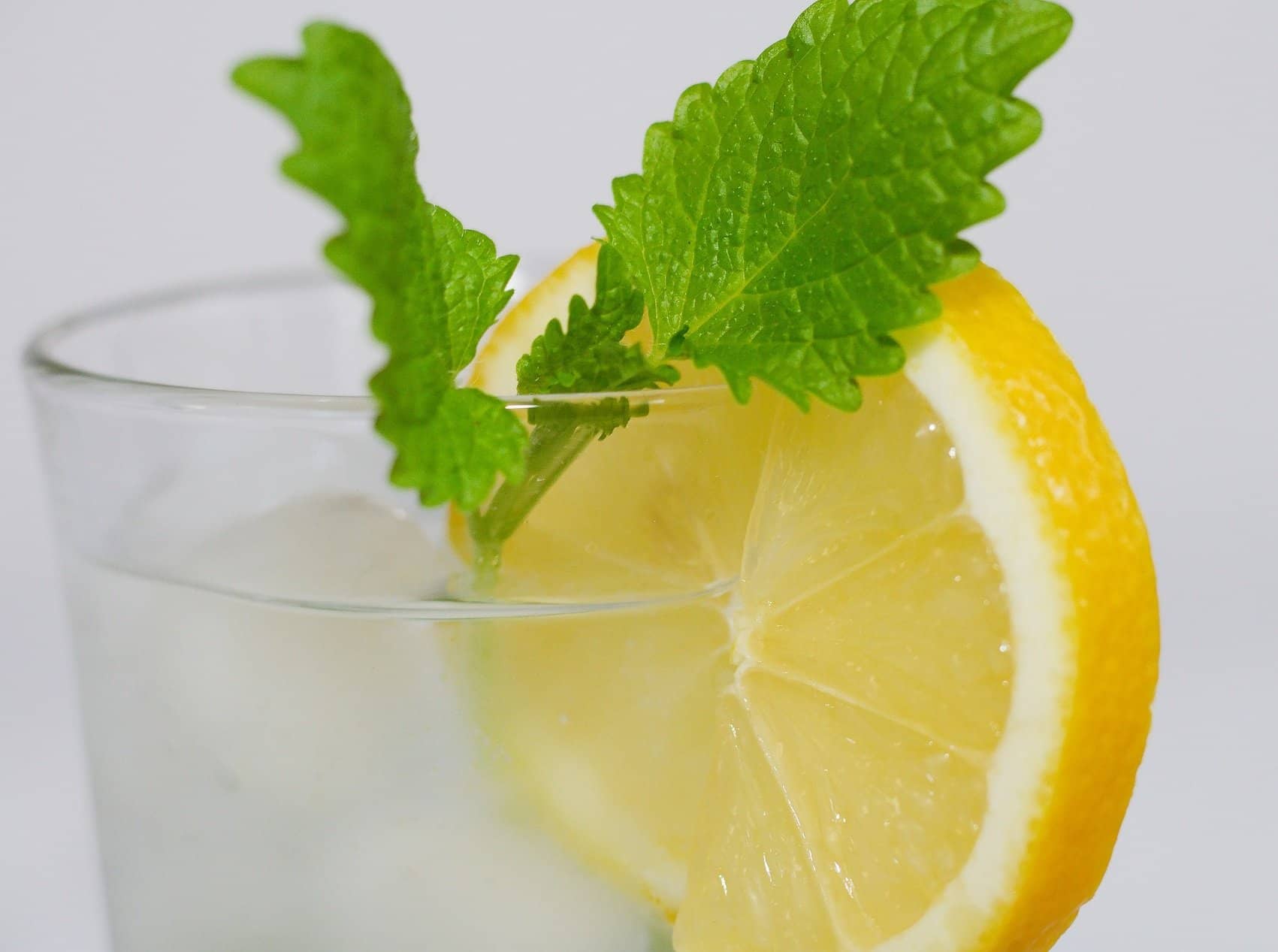
What To Expect
Say Goodbye To Tiredness
Bill Widmer talked about it in an article for Lifehack. He talked about the issues that this concoction will help you with. It turns out that tiredness is one thing that it addresses. “If reaching for a cup of coffee every few hours is becoming your norm, you should really consider drinking lemon water for a week to cleanse your system,” he said.

Say Goodbye To Tiredness
Time To Ditch Coffee
He also suggests ditching coffee completely. “While the first two days are going to be a little tough due to caffeine withdrawal, by the end of the week you should start feeling a lot better than you have in a while. Stop reaching for your coffee mug and start squeezing lemons to get more energy in your day.”

Time To Ditch Coffee
Runny Nose And Coughs
It also helps with various ailments and conditions. “If a runny nose and constant cough occur every other week for you, lemon water can help!” he said, “The natural vitamin C in lemons will help your immune system fight off viruses and bacteria. Drinking more water will also help cleanse your system and remove bad toxins from your bloodstream.”

Runny Nose And Coughs
Makes You Feel Full
The marketing specialist also said that it can help you if you are going on a diet. “Thanks to lemon acid and pectin, infusing your water with this fruit will help your stomach feel fuller for longer periods of time,” Widmer shared. “Pectin is a natural chemical found in many [types of] produce, so feel free to combine lemon with some water to give your stomach a little more substance to digest. You can have lemon water before any meal to keep you from feeling overly hungry.”

Makes You Feel Full
Cleanses Your System
You might get tummy issues even when you eat in moderation. It turns out that lemon water also helps with this! “Drinking lemon water for a week can cleanse your system of toxins and other harmful bacteria, and [it] also has a similar molecular structure to your stomach’s digestive juices. Lemon water will trick your liver into creating bile, which helps move food throughout your digestive tract. This is why any indigestion, bloating or gas is alleviated with the consistent consumption of this drink,” he shared.
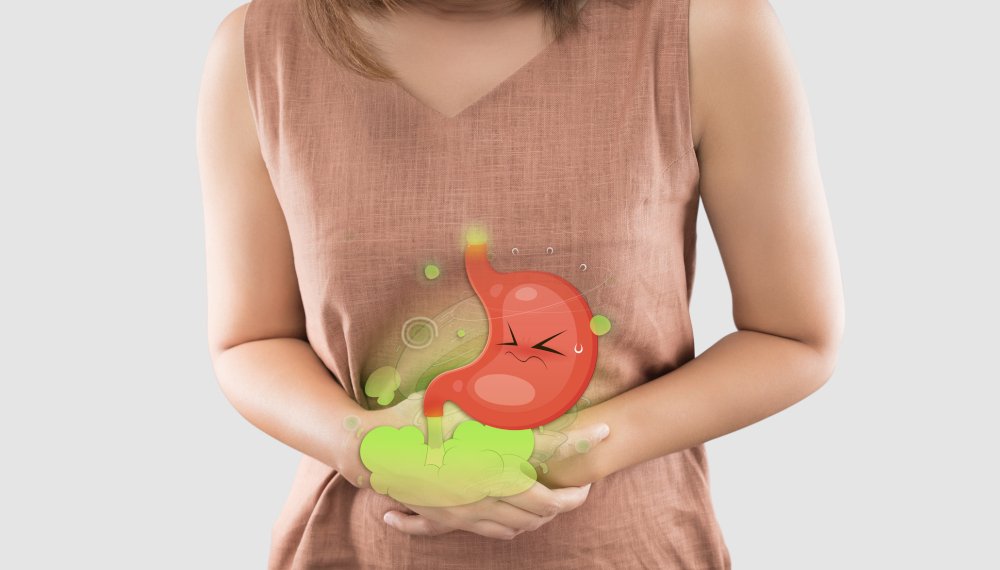
Cleanses Your System
Goodbye To Acne
The next benefit is something that will help a lot of teenagers. It can help get rid of acne! He shared, “Lemon produces antioxidants [that help] prevent your skin from breaking out. Additionally, lemon helps your body produce collagen, which is known to smooth out wrinkles in the skin and promote skin elasticity. Drink lemon water for a week, and you’ll see some major changes in your face!”
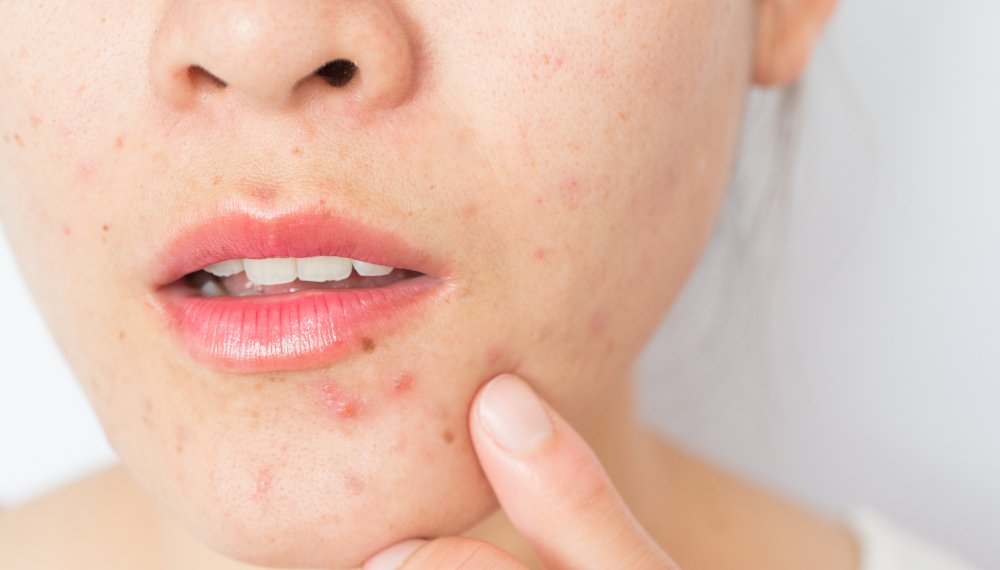
Goodbye To Acne
For Your Fitness Journey
Are you thinking of starting a fitness journey of your own? Lemon water might be helpful. “The acidic nature of lemon juice combined with the juice’s negative[ly] charged ions give your body a boost in energy. This energy boost means your metabolism will kick into higher gear. In addition to [giving you] a faster metabolism, the pectin will keep you fuller for longer periods of time – again helping you kick those detrimental eating habits,” said Widmer.

For Your Fitness Journey
For Your Mental Health
He also said that lemon water can help with various psychological issues. This includes mood swings. “Lemon consumption has been found to reduce stress levels and improve moods. If you drink lemon water for a week, your improved energy levels will combine with the natural stress relief properties of lemon juice and result in optimum and controlled mood levels,” he said.

For Your Mental Health
Not Just Him
We are sure that you have started thinking about trying it out for yourself. After all, those benefits sound way too good to pass up! If you are not convinced just yet, let us hear it from other people who have investigated lemon water on their own. Did they agree with what Widmer had to say?

Not Just Him
Lemon Water Experiment
There is another person who can vouch for the effects of lemon water. Nicole Yi tried drinking it for an entire week. In 2018, the former associate editor for fitness at Popsugar wrote a piece that talked about what she experienced during the experiment. Let us hear if it worked for her as well.
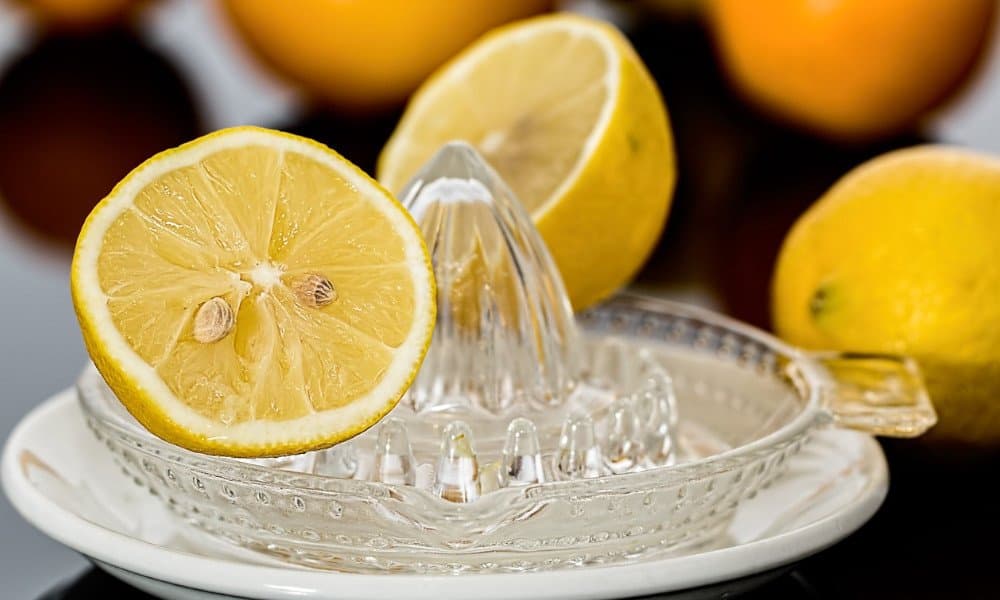
Lemon Water Experiment
Hearing Great Stuff About It
She started to article by saying, “With perks [such as] digestion aid, weight loss and kidney-stone prevention, lemon water sounds like a miracle elixir. So, when I found out that the benefits of lemon water actually weren’t all hype, I knew I had to put it to the test myself.” What was her verdict?
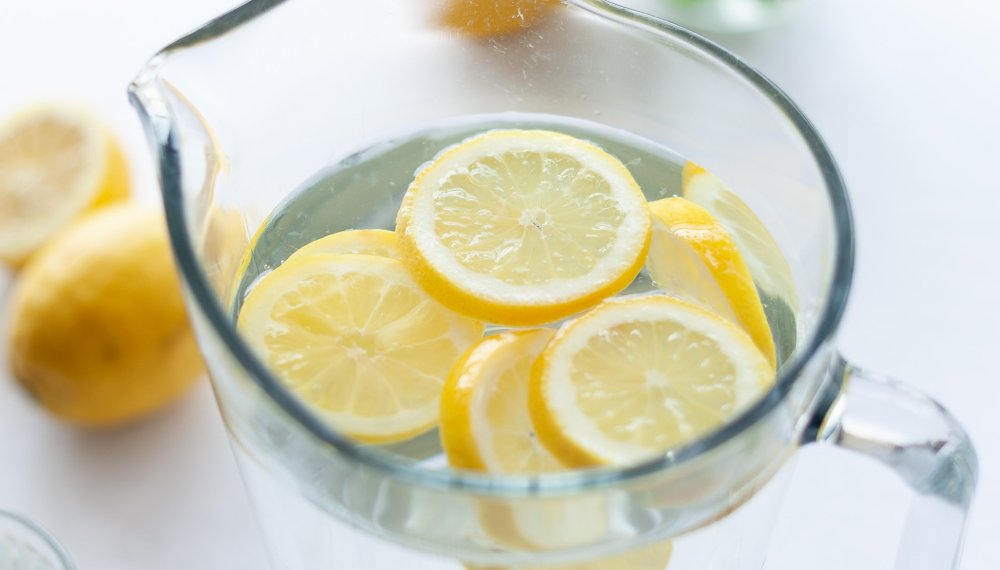
Hearing Great Stuff About It
A Surprising Benefit
“For one whole week, I added half a lemon sliced – any less won’t yield enough vitamin C – to my water and drank it from morning till night, refilling as needed throughout the day,” she said. Even though she “didn’t wake up each morning with glowing skin and a flat belly as [she had] expected,” there was one surprising benefit that came with it.
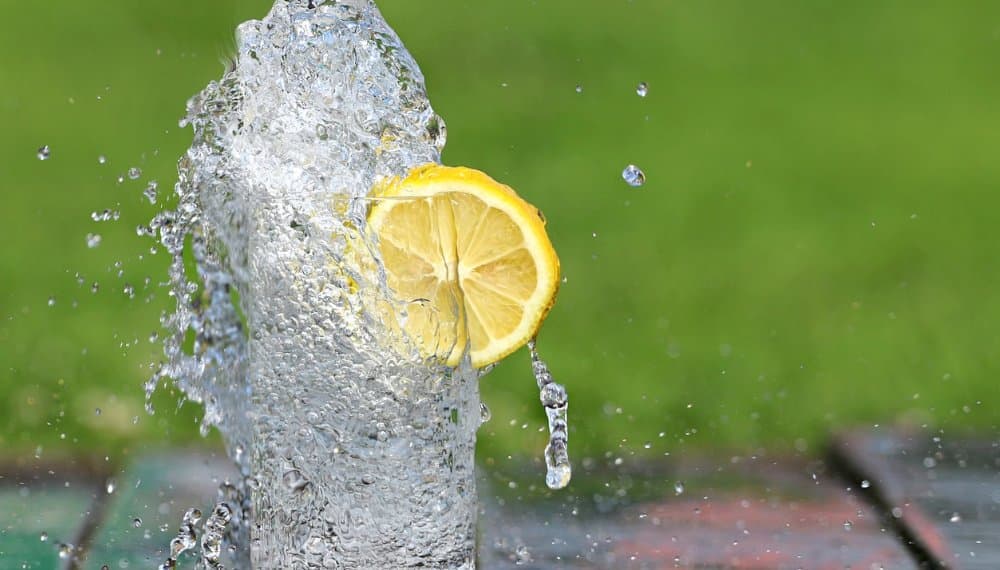
A Surprising Benefit
A Hydration Boost
“During the week of my experiment, I was surprised to see how much more water I was drinking each day,” she went on, “Most of the time, my problem with plain old water is that it’s too boring to drink. But lemon added enough flavor to make things interesting, encouraging me to reach for my infused glass more and more.”

A Hydration Boost
The Side Effect
She found out that she was nearly doubling the amount of water she drank. From 20 ounces a day, she began to drink 32 ounces! She shared, “This little experiment also came with an unexpected side effect: I began to feel slightly nauseous in the mornings when I drank the lemon water on an empty stomach.”

The Side Effect
Not Good With Coffee
“I don’t typically eat breakfast — mostly due to force of habit, not because of intermittent fasting — and I refused to give up my cup of coffee for this experiment,” she explained. Yi went on, “That plus lemon water on an empty stomach until lunch was a recipe for stomach irritation. This might be due to the acidity of the coffee and the alkalizing effect of the lemon, but I can’t be sure. While it wasn’t enough to keep me from continuing, I’d definitely line my tummy with some food before trying this again.”
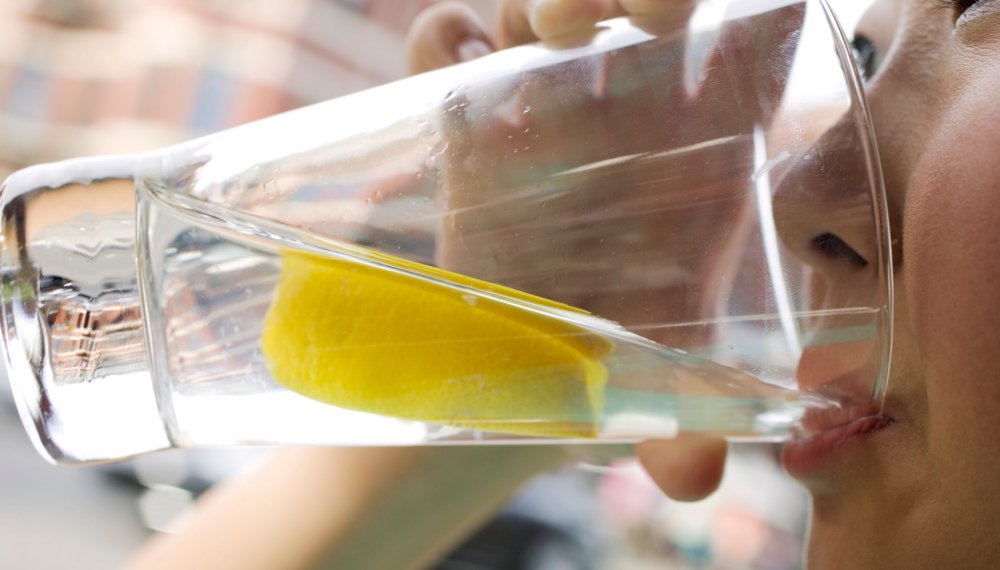
Not Good With Coffee
The Verdict
To conclude the article, she said, “I don’t recommend drinking lemon water all day, every day for an extended period of time for the sake of preserving your teeth enamel. But if you’re seeking an easy way to reset healthy habits, try starting your morning off with a warm glass of lemon water to replenish your body and give yourself a boost of vitamin C. And if you’re just as bad as hydrating, it may be worth infusing your water with different fruits to see if it makes a difference like it did for me.”
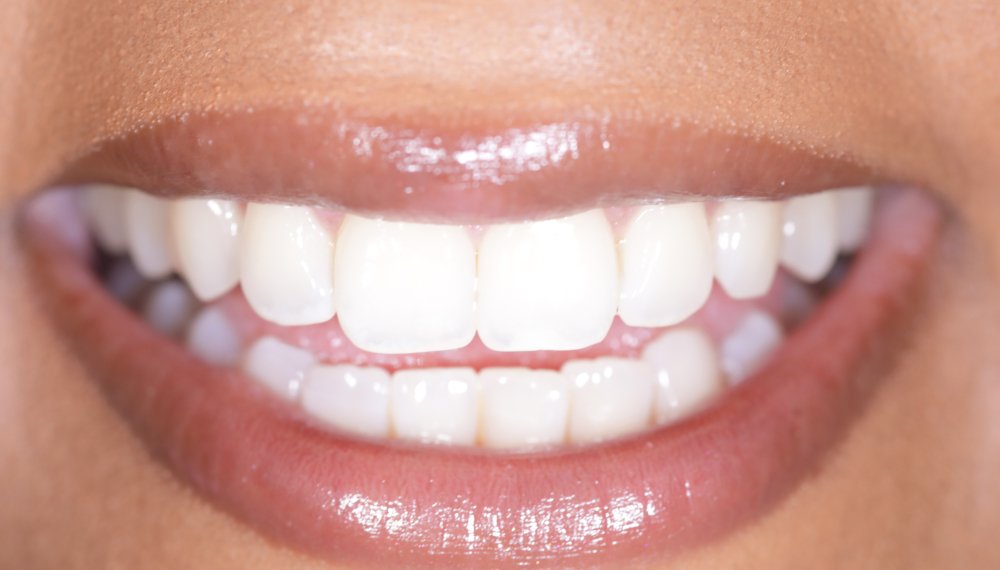
The Verdict
Another Challenger
Someone else decided to try the lemon water experiment in 2019. Gianluca Russo, a freelance writer, decided to try the challenge by drinking a glass of it as soon as he got out of bed in the morning. He did this for a week and talked about its effects on Insider. He had nothing but good things to say about it!
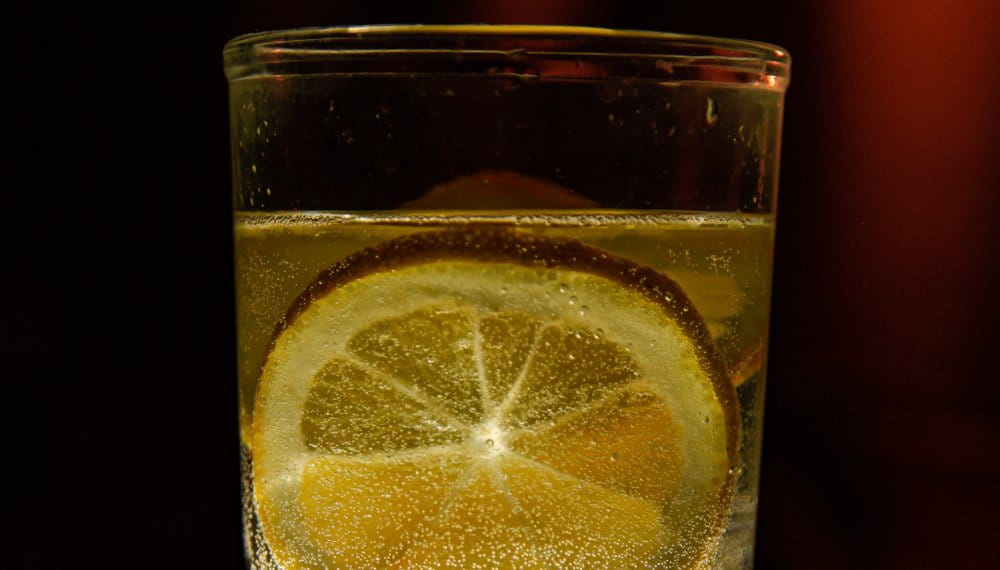
Another Challenger
Good For The Skin
He kicked off the article by talking about how much his skin improved. “First off, upon the completion of my one-week lemon water challenge, I noticed my skin was almost flawless, [with] no breakouts, no excess oils [and] no new blemishes. I also found that, to the touch, my skin was much softer and appeared to be much brighter. Essentially, the lemon juice created a natural highlight on my face.”

Good For The Skin
Freshens The Breath
“I also found that the lemon water helped with my breath,” he said, “Having been cursed with bad breath, mornings have always been a particularly difficult time for me. However, I soon found that the lemon water improved this, [as] the fruit’s citric acid helps to break down and fight bacteria in the mouth.”
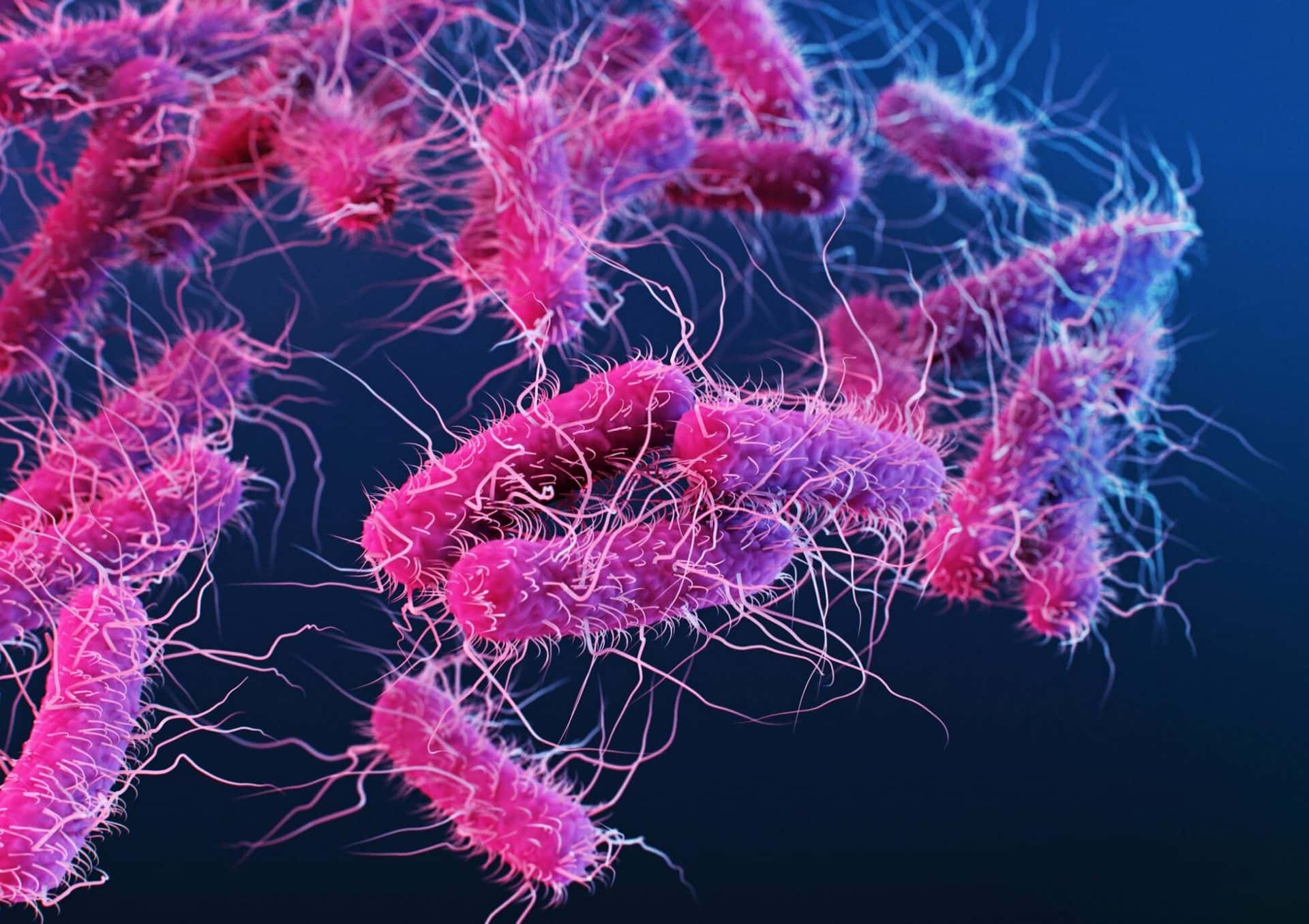
Freshens The Breath
Feeling Less Bloated
Once he was done with the week-long experiment, he reported that his acne started to come back. This was what made him think that the lemon water helped clear his skin. On top of that, he said, “At the end of the week, I also found I was much less bloated. Lemons are a natural diuretic and help the body let go of any extra salt it’s hanging on to. In turn, this decreases bloating.”
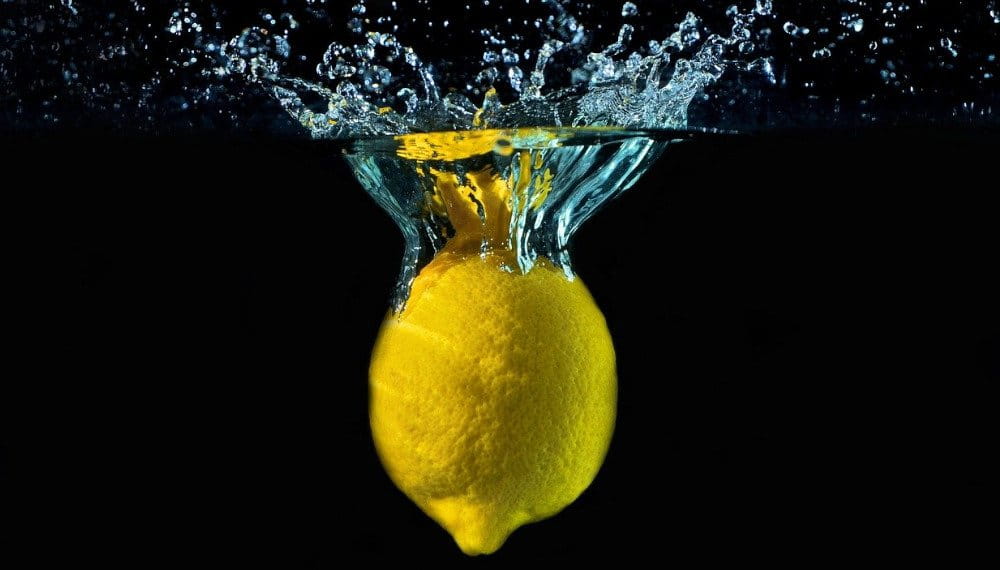
Feeling Less Bloated
His Immune System
Even though he was unable to see any other immediate health benefits, he believed that lemon water helped improve the state of his immune system. He did not feel ill at all during the course of the experiment. He said, “I found each day that I became thirsty faster in the mornings. I also found that if I didn’t quench this thirst, a weird aftertaste was left in my mouth.”

His Immune System
Expert Opinion
It is good to hear from people who tried the experiment. However, these are all anecdotal. What do experts have to say about lemon water? Let us hear from Jo Lewin, a nutritionist at the Association for Nutrition in England. She decided to shed some light on the matter on the BBC Good Food website. What did this specialist think about lemon water and its alleged health benefits?
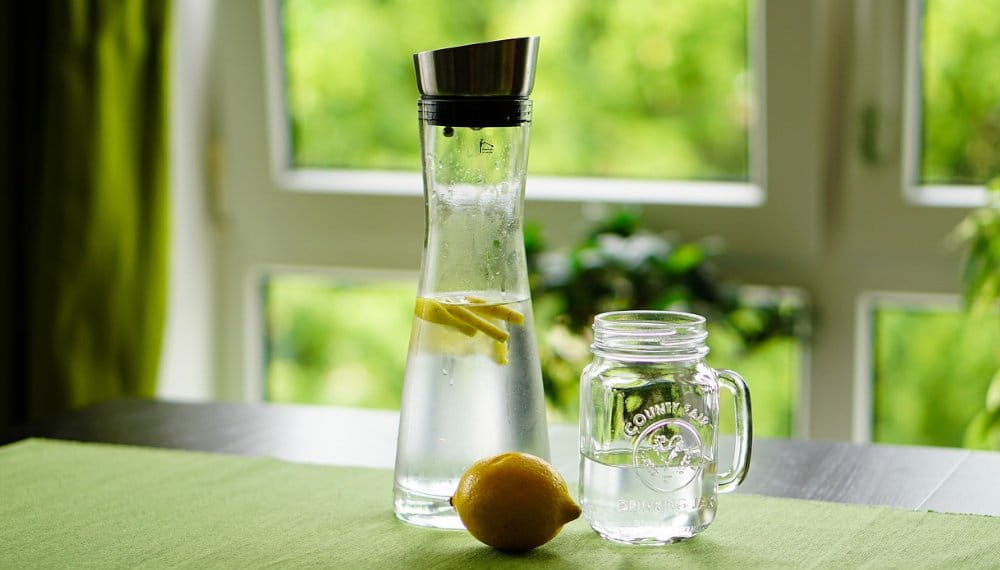
Expert Opinion
Facts About Lemon
Before she talked about the claims about lemon water, she decided to talk about the citrus fruit before anything else. In the article, Lewin said, “Lemons and other citrus fruits are well known for their colorful pitted skins and tart, refreshing taste. Lemons contain citric acid and have a high vitamin C content.”
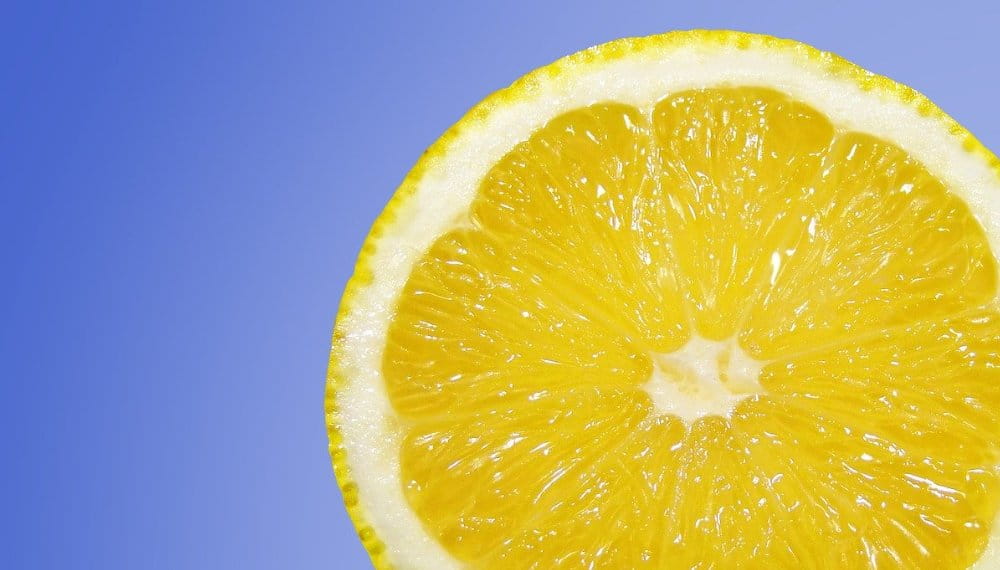
Facts About Lemon
Nothing New
However, there is nothing new about consuming lemons to improve your health. She even gave a brief history of this practice. “Lemons have been used for centuries and have been highly regarded in the past for treating scurvy – a now rare condition that can develop through lack of vitamin C. Vitamin C is often claimed to support the immune system; however, studies have been inconclusive,” Lewin explained. She said that it “may shorten the duration of symptoms [as well as halve] the common cold risk in people exposed to short periods of extreme physical stress – for example, marathon runners.” The expert agreed that it can help quench your thirst and keep you hydrated, but it will not ‘detox’ your body as such! If you ask us, it is still worth a shot.

Nothing New
